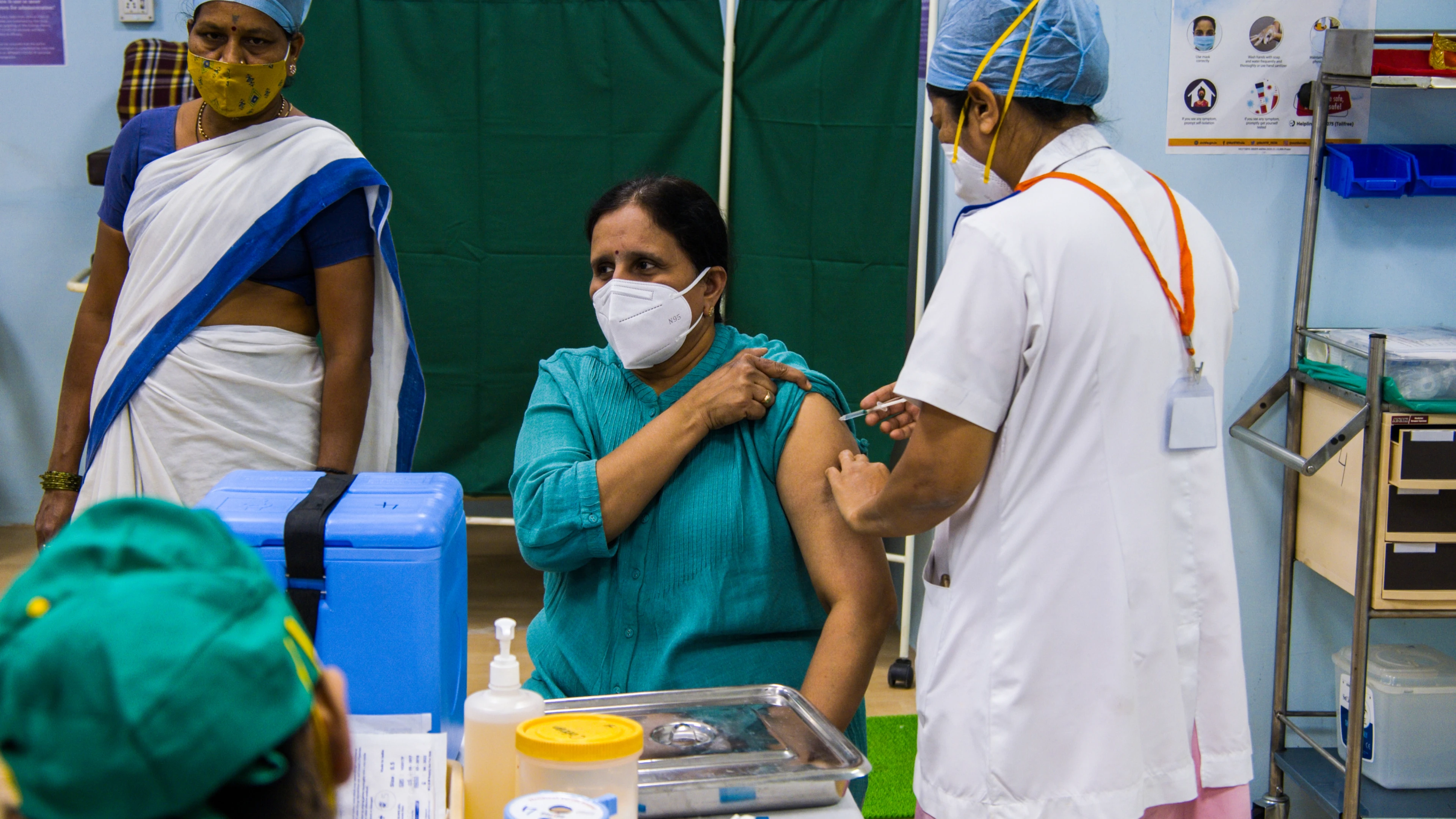About us
Our vision is a world where vaccine equity and health security are created for countries in all regions of the world. We aim to achieve this through the establishment of regional vaccine manufacturing and supply chain networks capable of producing vaccines for routine use in a sustainable manner, with readiness for outbreak manufacturing.
Our history
In 2022, RVMC was launched by the World Economic Forum (WEF), the US National Academies of Medicine (NAM), and the Coalition of Epidemic Preparedness Innovations (CEPI) to tackle the glaring inequities within the global vaccine production ecosystem revealed by the pandemic, especially impacting lower-to-middle income countries.
Initially incubated at WEF in partnership with Deloitte and co-chaired by US NAM and CEPI, RVMC’s first phase was dedicated to building a robust community of partners, fostering regional collaboration, and developing the RVMC Framework which outlines eight essential building blocks for a sustainable vaccine manufacturing ecosystem. RVMC also received support by international initiatives such as the Hiroshima G7 Global Health Task Force.
In January 2024, the founding parties announced the continuation of RVMC for the next three years with the backing of key partners, including regional bodies such as PAHO and Africa CDC. CEPI is now hosting the RVMC Secretariat and providing USD 15 million in funding.
During this second phase, RVMC aims to create value by advocating for regionalized manufacturing, aligning key initiatives, providing independent and trusted advice, and accounting for global progress across the RVMC Framework.
Who we are
RVMC Secretariat
Hosted at CEPI, the Secretariat is a small team focused on the day-to-day operations of RVMC. Dr. Frederik Kristensen leads the team as the inaugural Managing Director of RVMC.
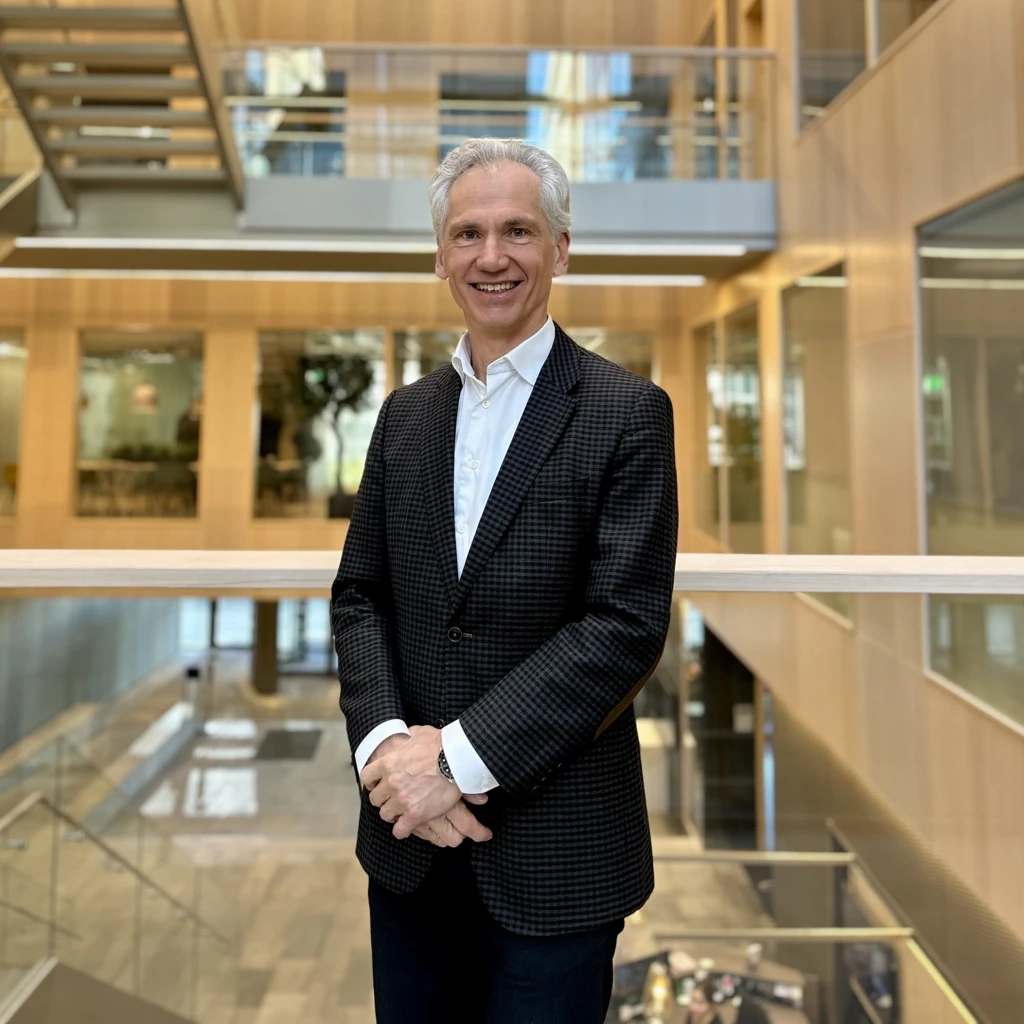
Dr. Frederik Kristensen
Managing Director
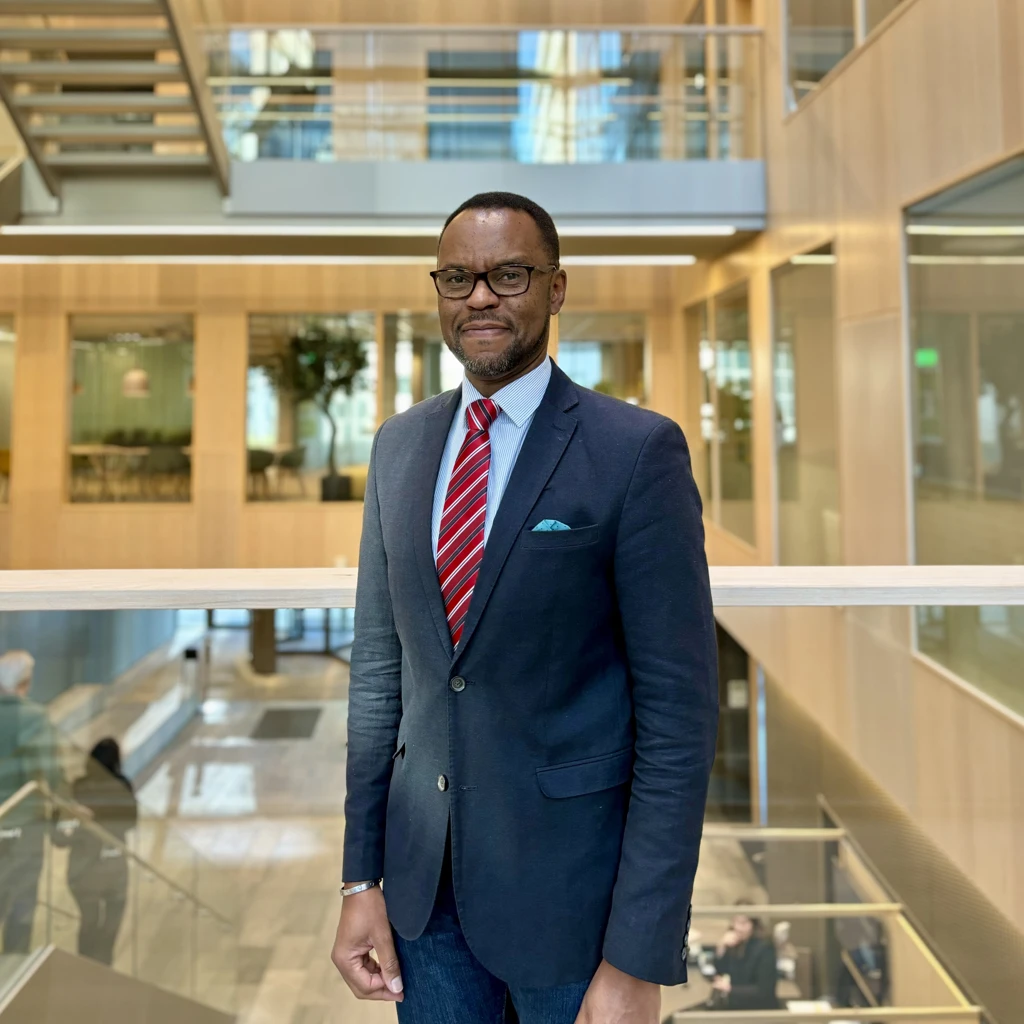
Dr. Michael Lusiola
Director
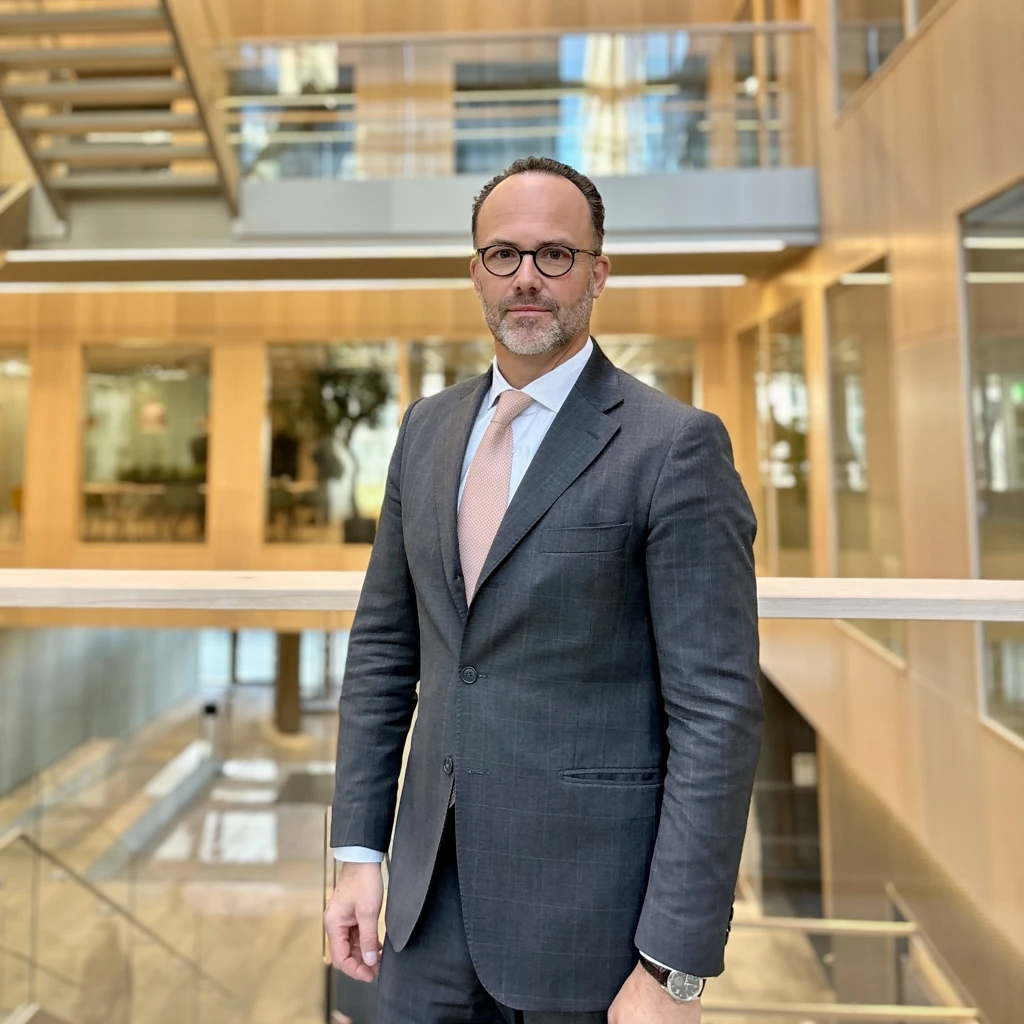
Luigi Bonfatti
Executive Advisor
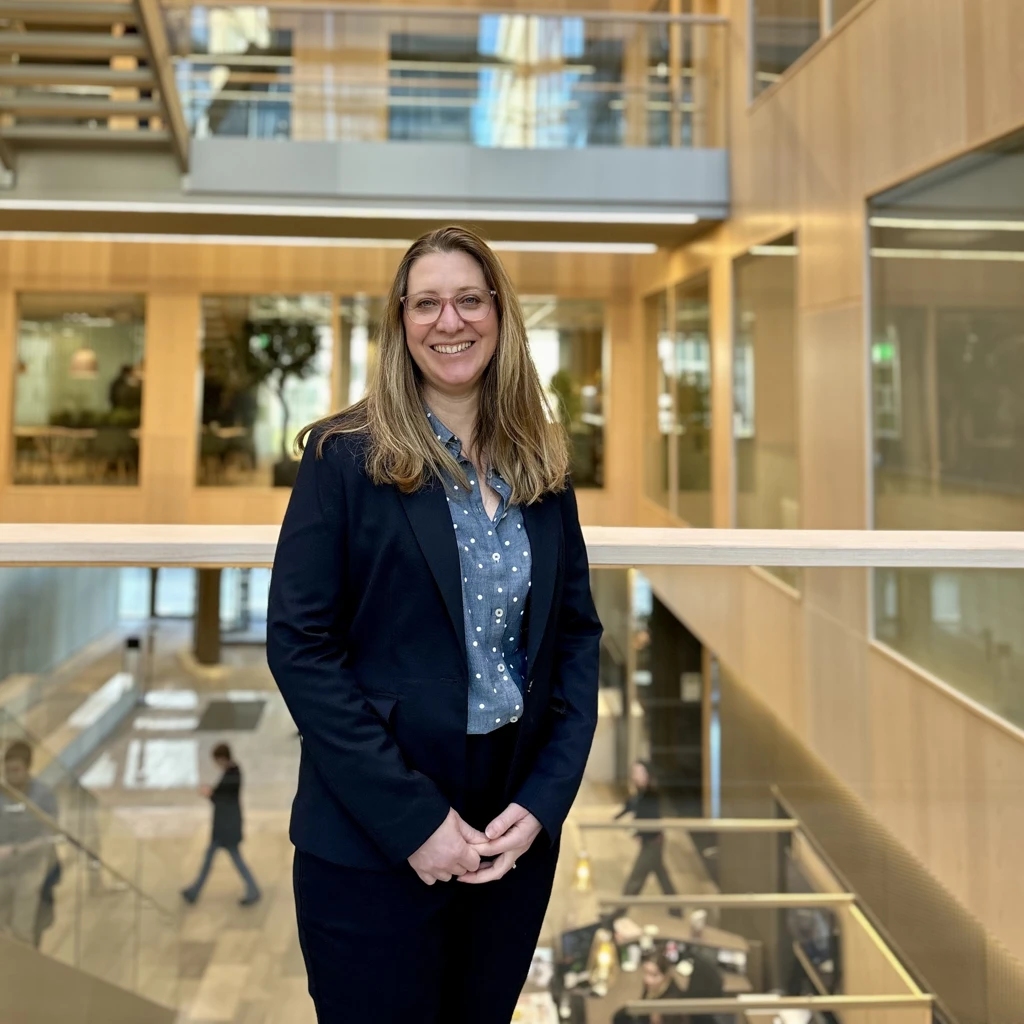
Emmanuelle Naud
Senior Project Manager
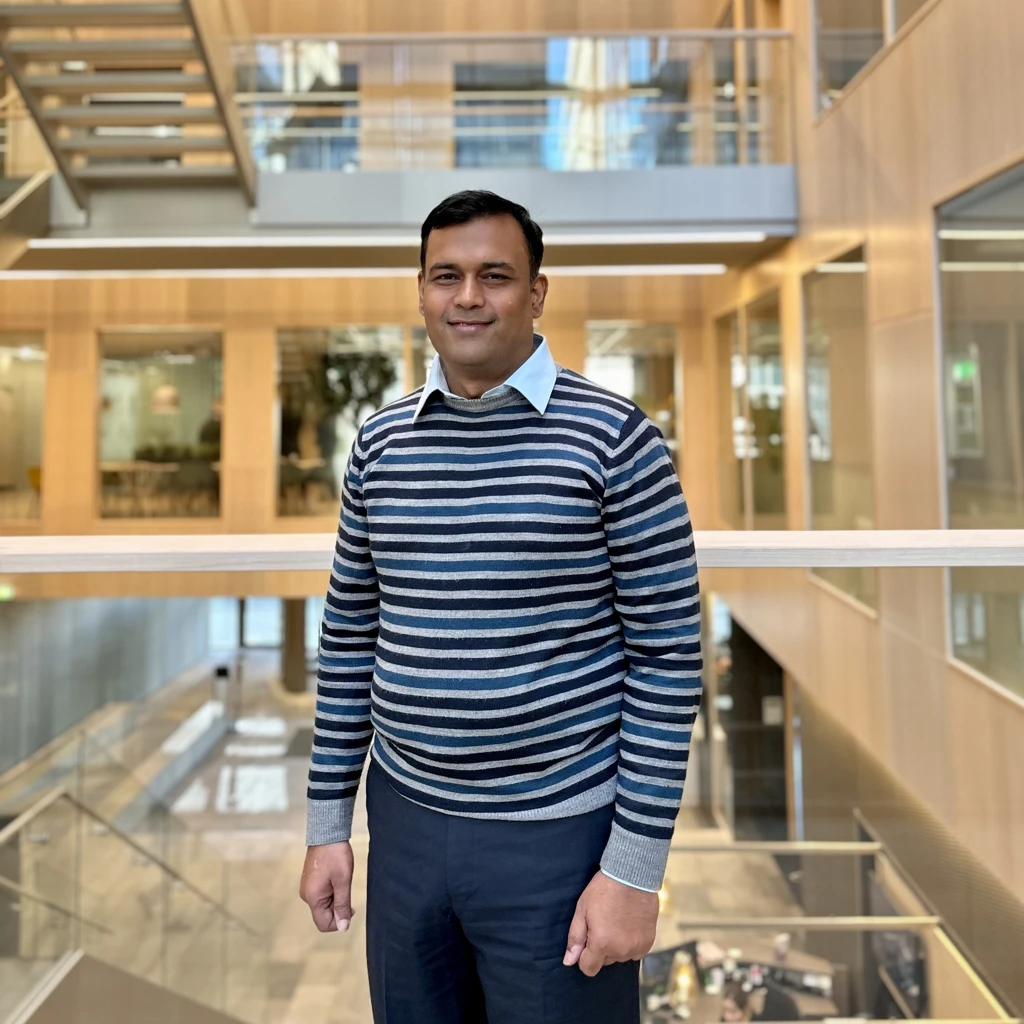
Vishal Gajwani
Senior Vaccine Market Advisor
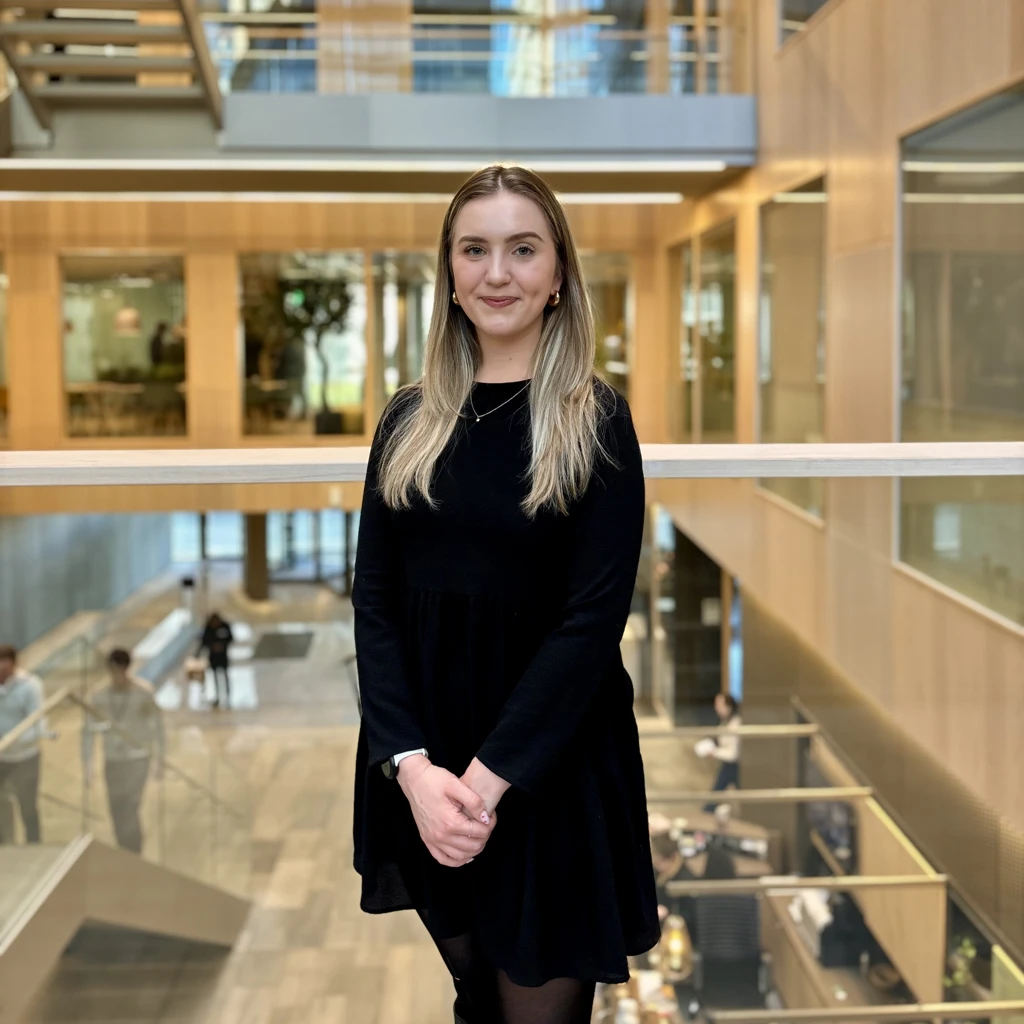
Holly Wingfield
External Engagement and Governance Manager
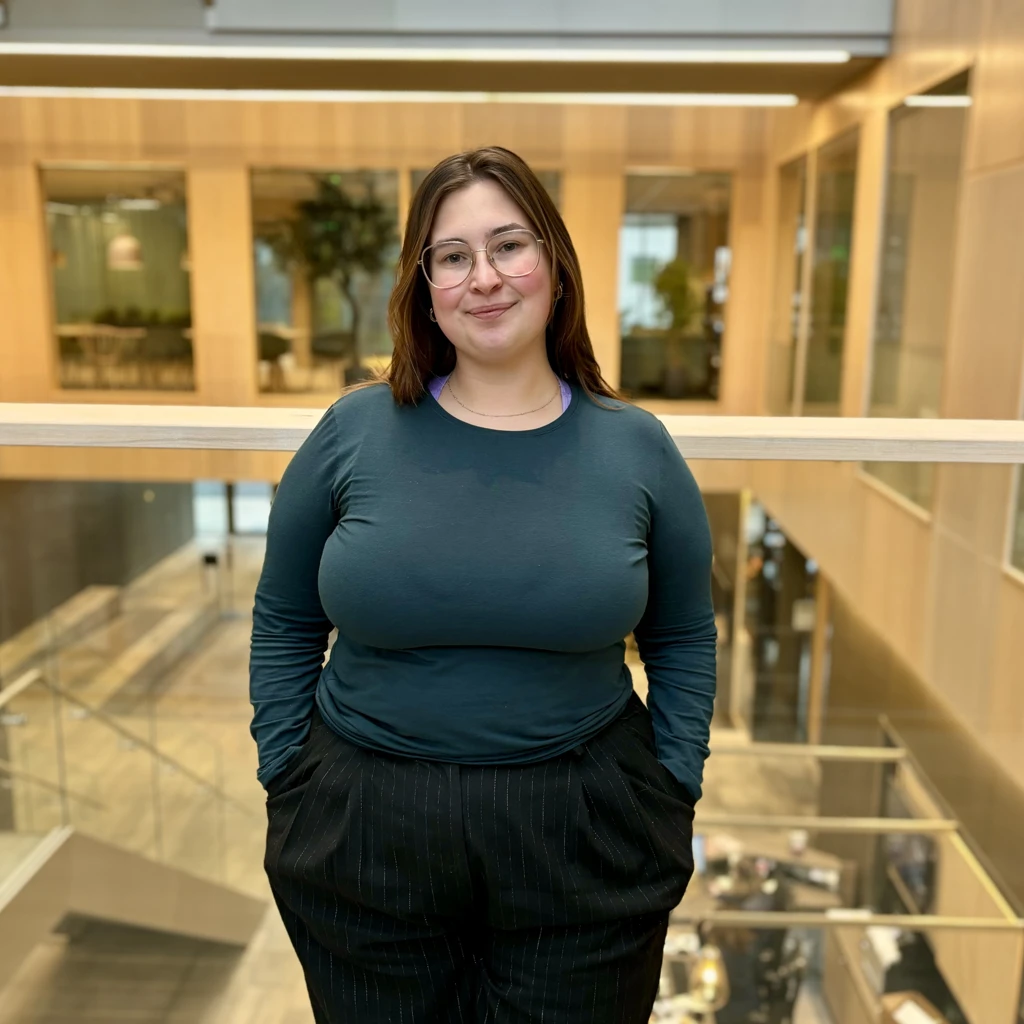
Laura Bell
Communications and Events Manager
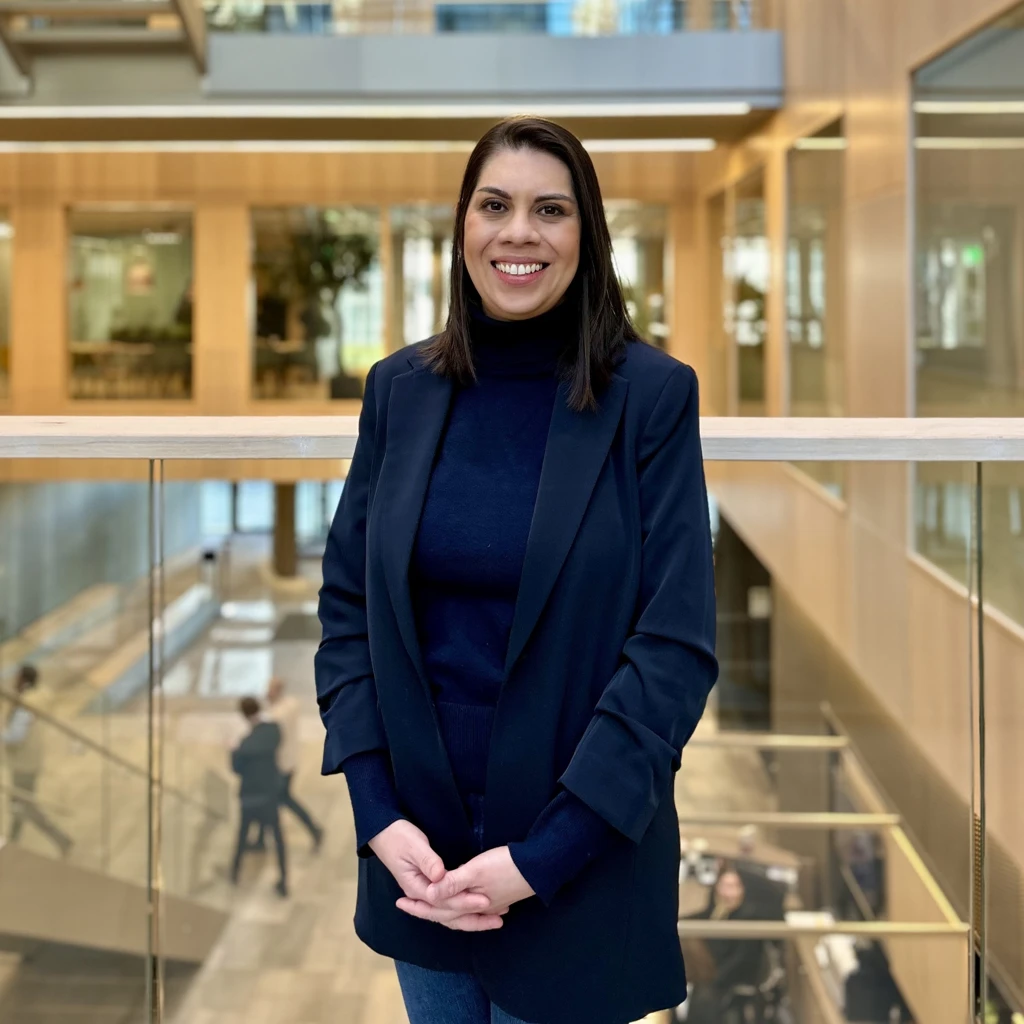
Daniela Eriksen
RVMC Coordinator
Executive Committee
The Executive Committee is RVMC’s decision-making body. Its responsibilities include providing oversight on RVMC’s objectives, strategy, and work programs, and advising on key opportunities to achieve RVMC’s mission.
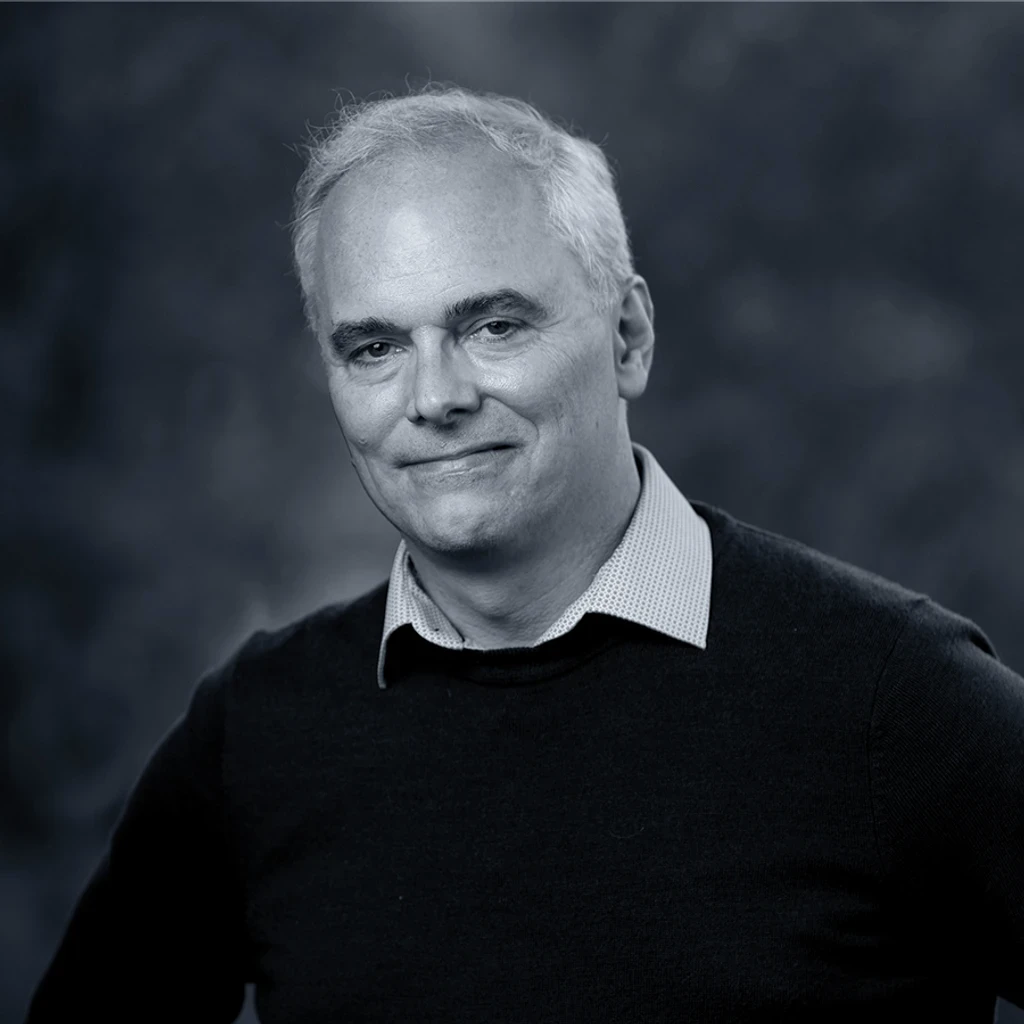
Dr. Richard Hatchett
CEO, Coalition for Epidemic Preparedness Innovations
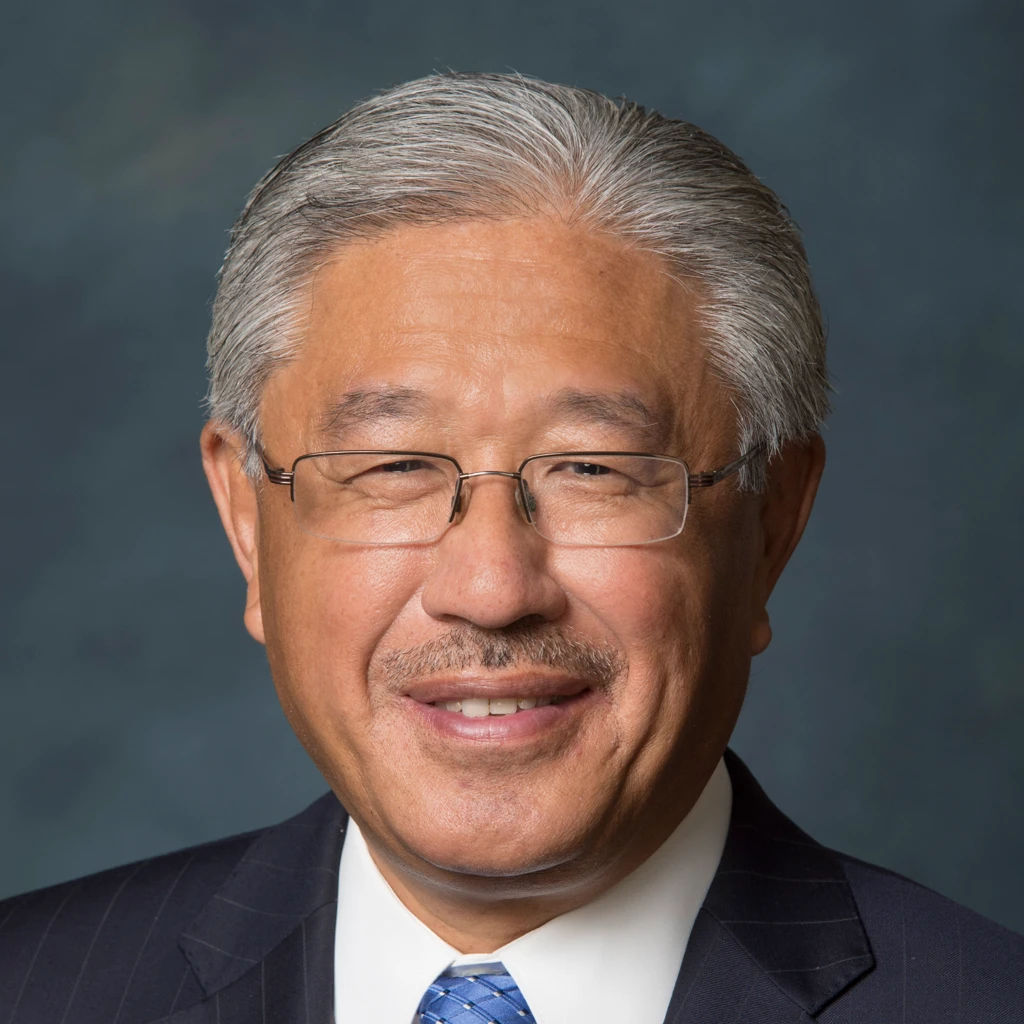
Dr. Victor Dzau
President, US National Academy of Medicine
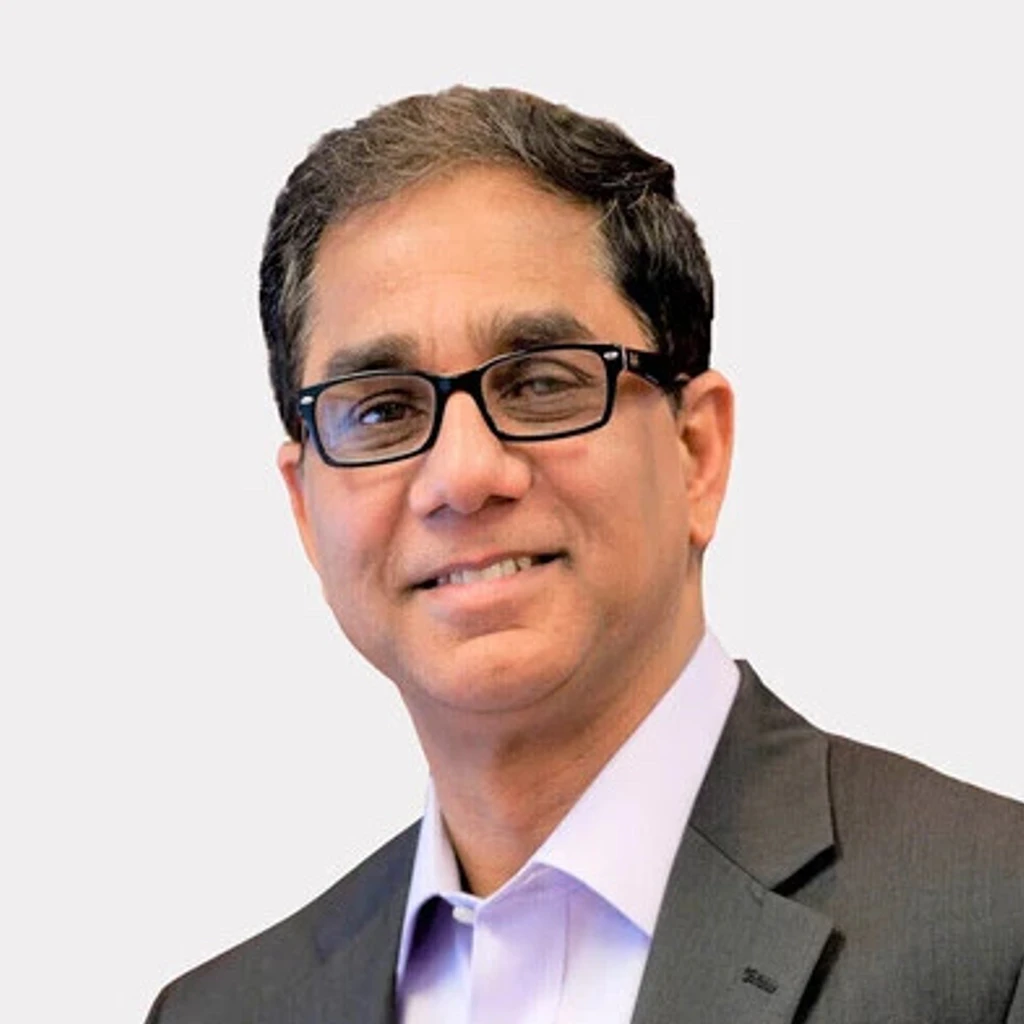
Dr. Shyam Bishen
Head, Centre for Health and Healthcare, World Economic Forum
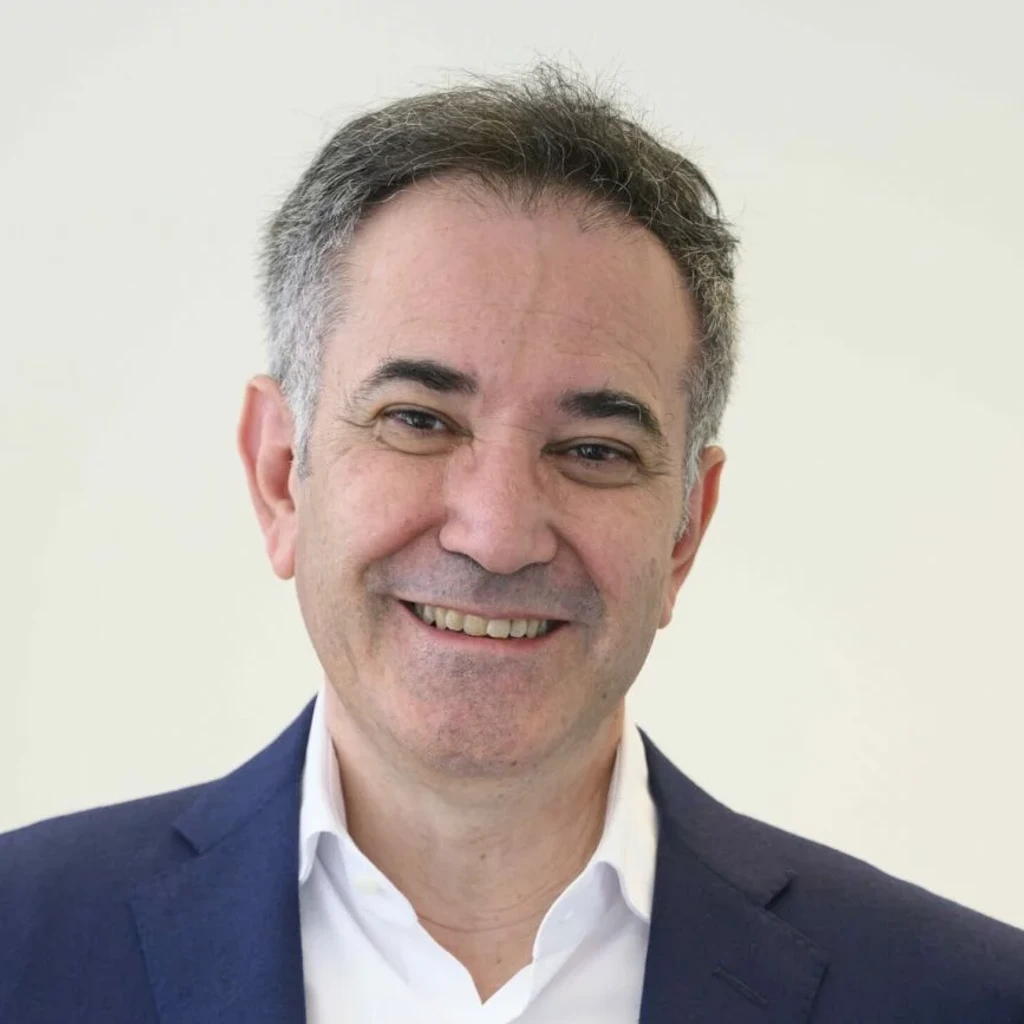
Farid Fezoua
Global Director for Disruptive Technologies, Services, and Funds, International Finance Corp
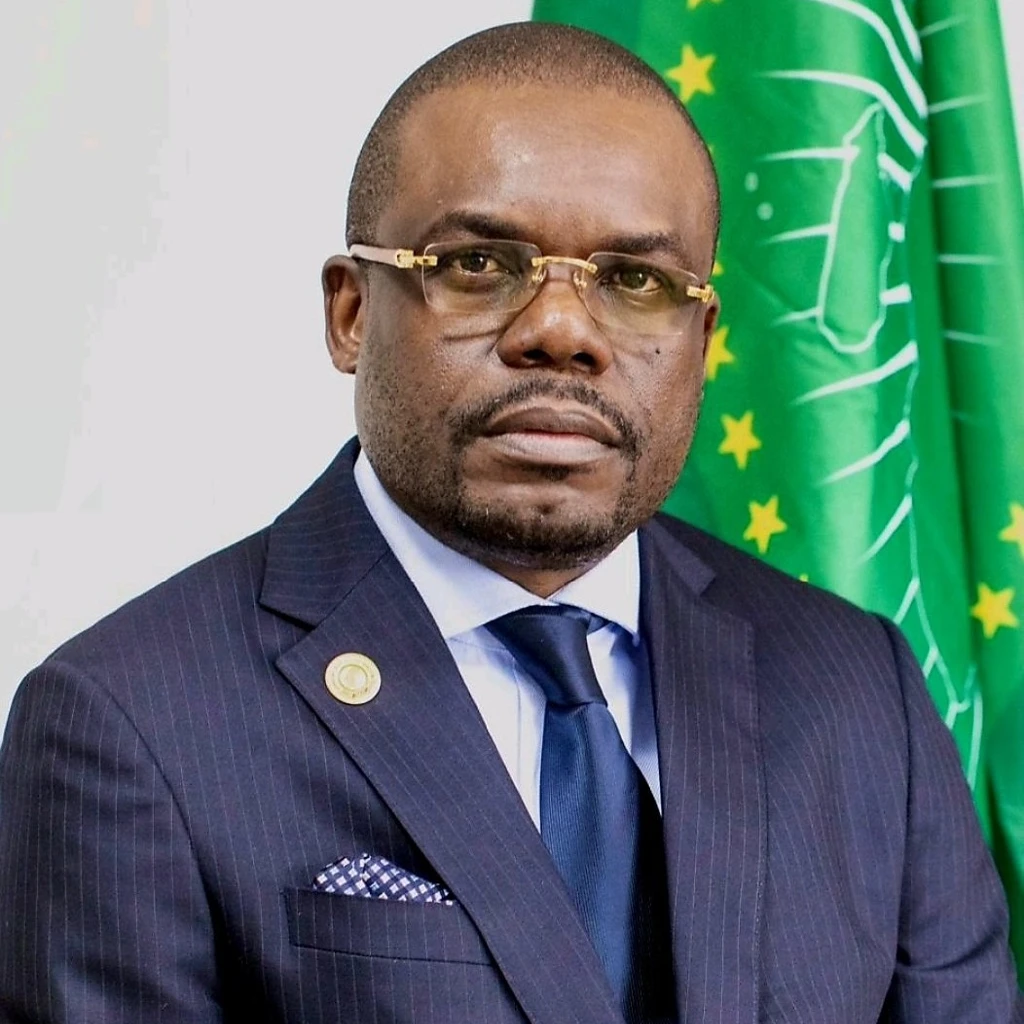
H.E Dr. Jean Kaseya
Director-General, Africa Centres for Disease Control and Prevention
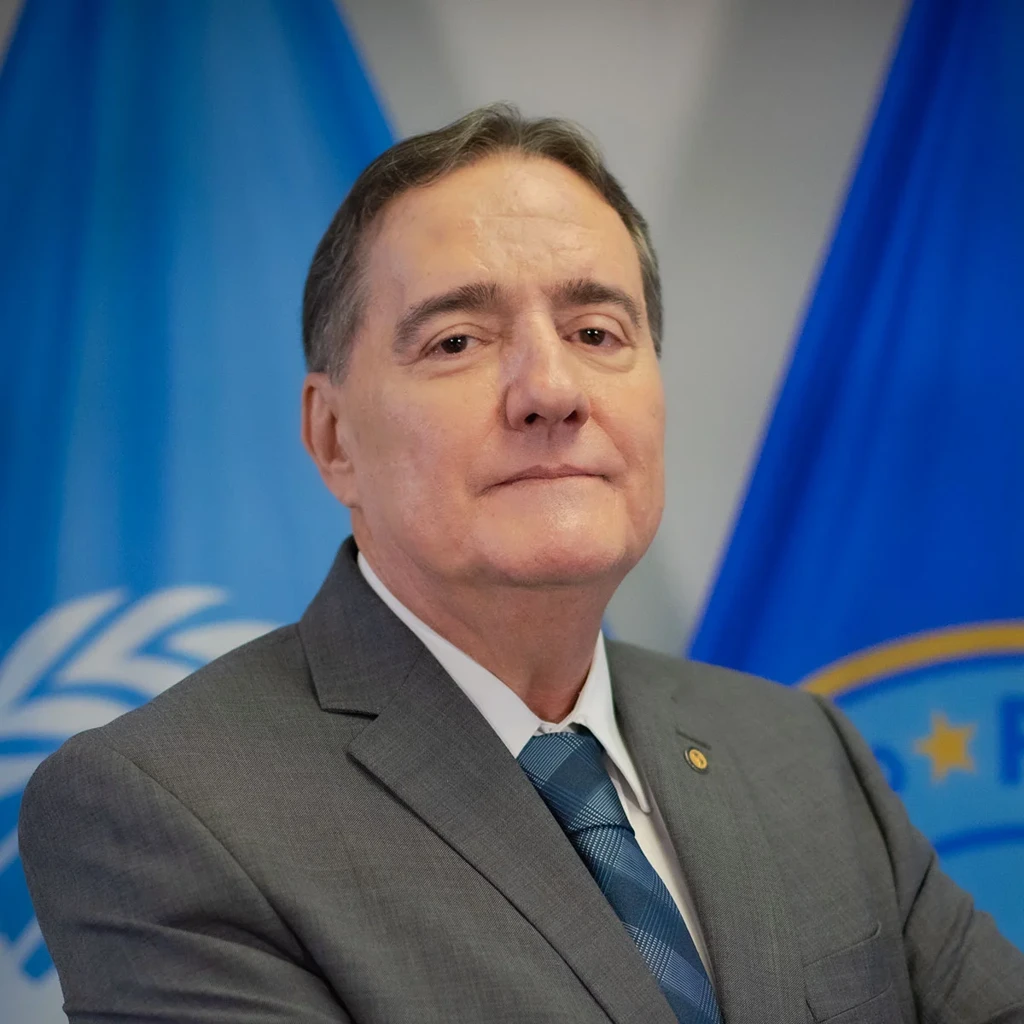
Dr. Jarbas Barbosa
Director, Pan American Health Organization
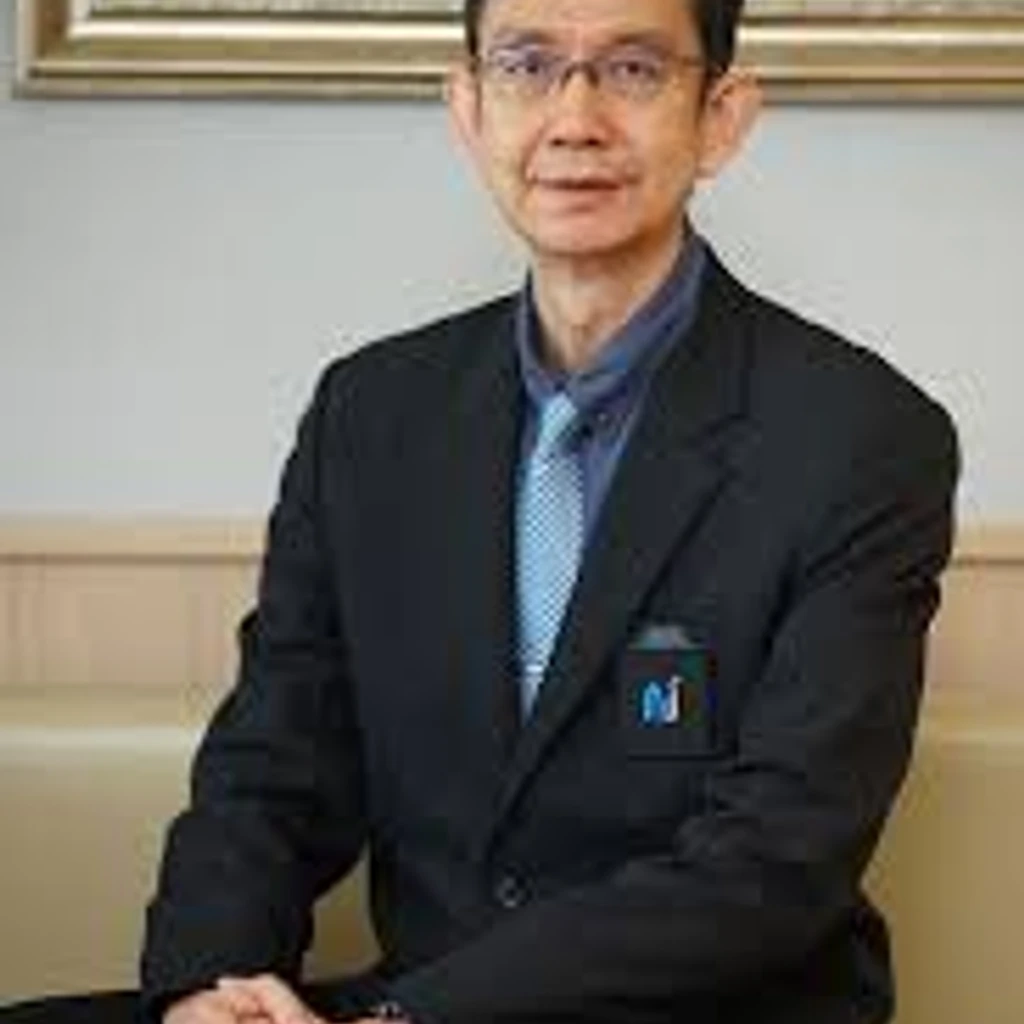
Dr. Nakorn Premsri
Director, Thailand National Vaccine Institute
Strategic Advisory Board (SAB)
The SAB advises the Executive Committee and Secretariat on RVMC’s strategic direction and potential areas of focus.
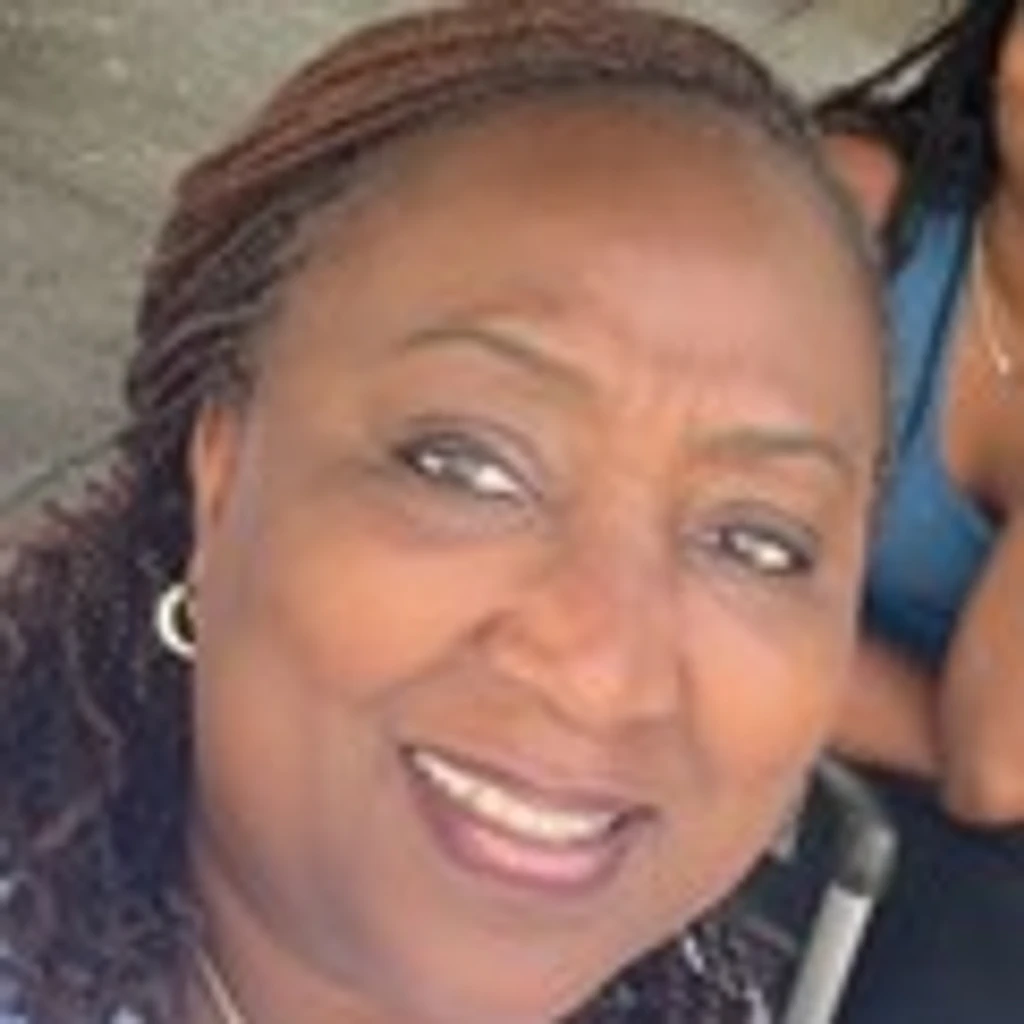
Anne Marie Mbengue Seye
Managing Partner - Global Health, Performances Group
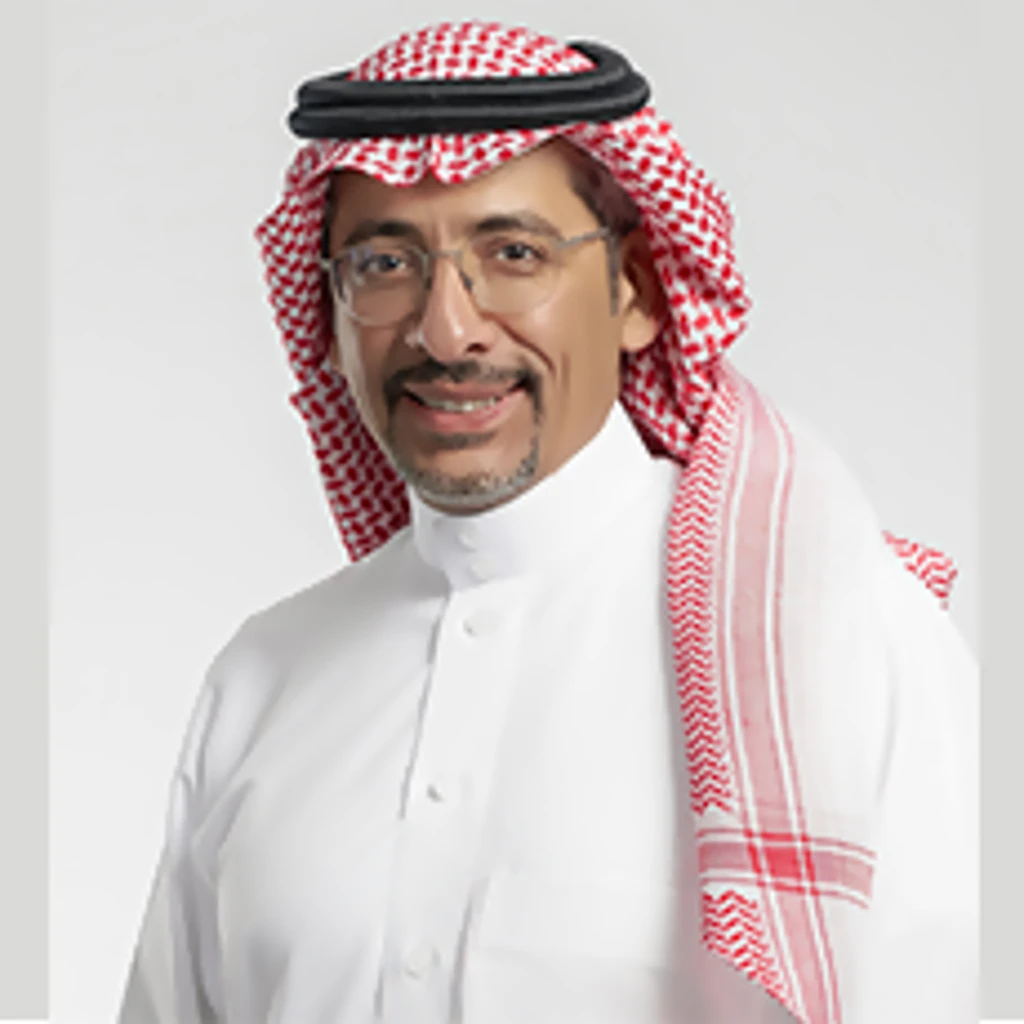
Minister Bandar Ibrahim Alkhorayef
Ministry of Industry and Mineral Resources, Kingdom of Saudi Arabia
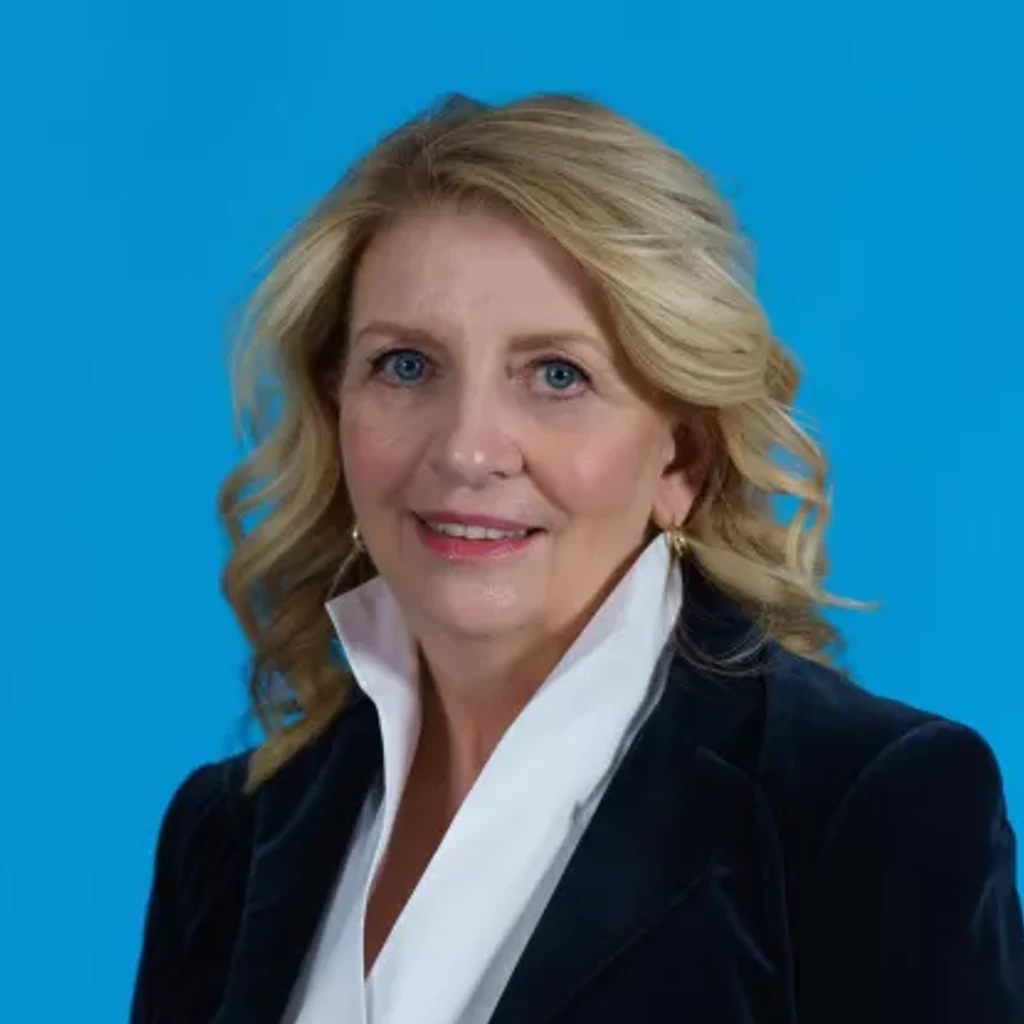
Catherine Russell
Executive Director, UNICEF
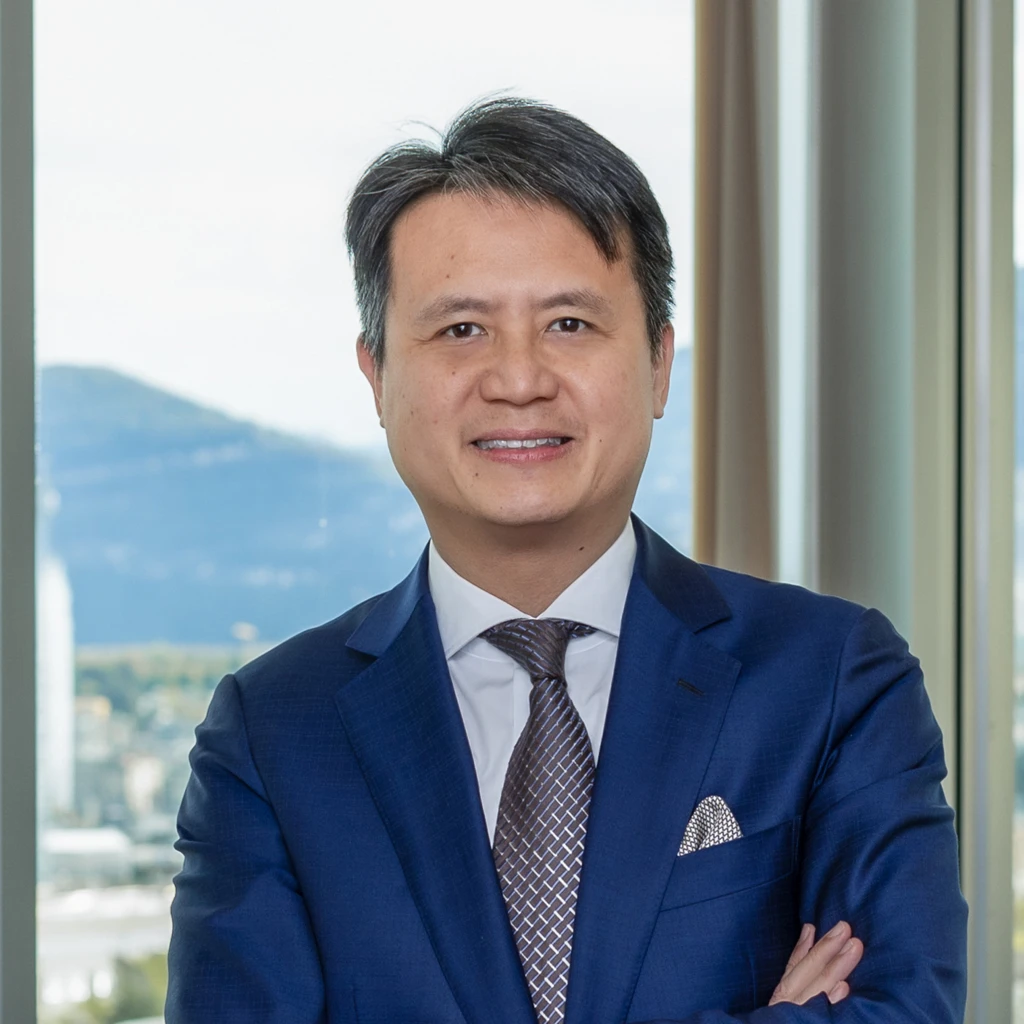
Daren Tang Heng Shim
Director General, World Intellectual Property Organization
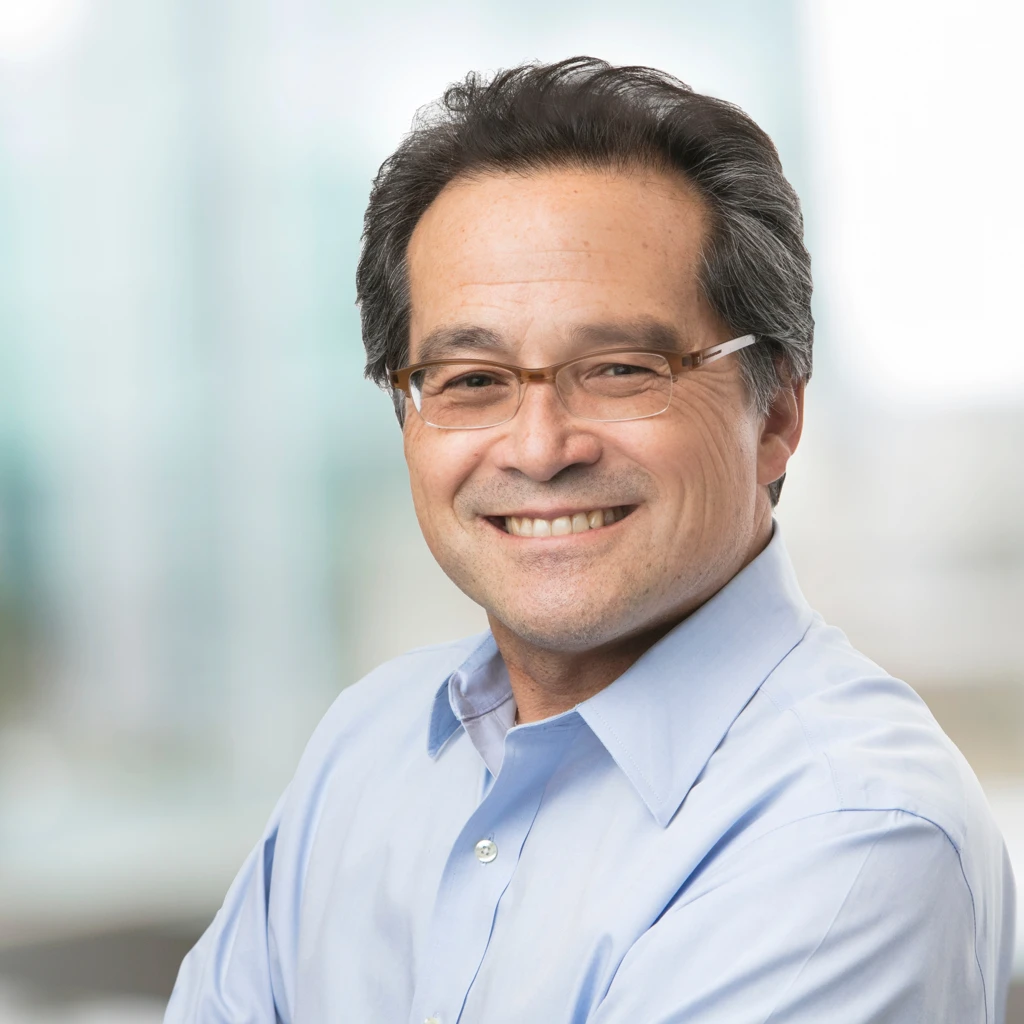
Dr. David Robinson
Deputy Director, Vaccine Development & Surveillance, Bill and Melinda Gates Foundation
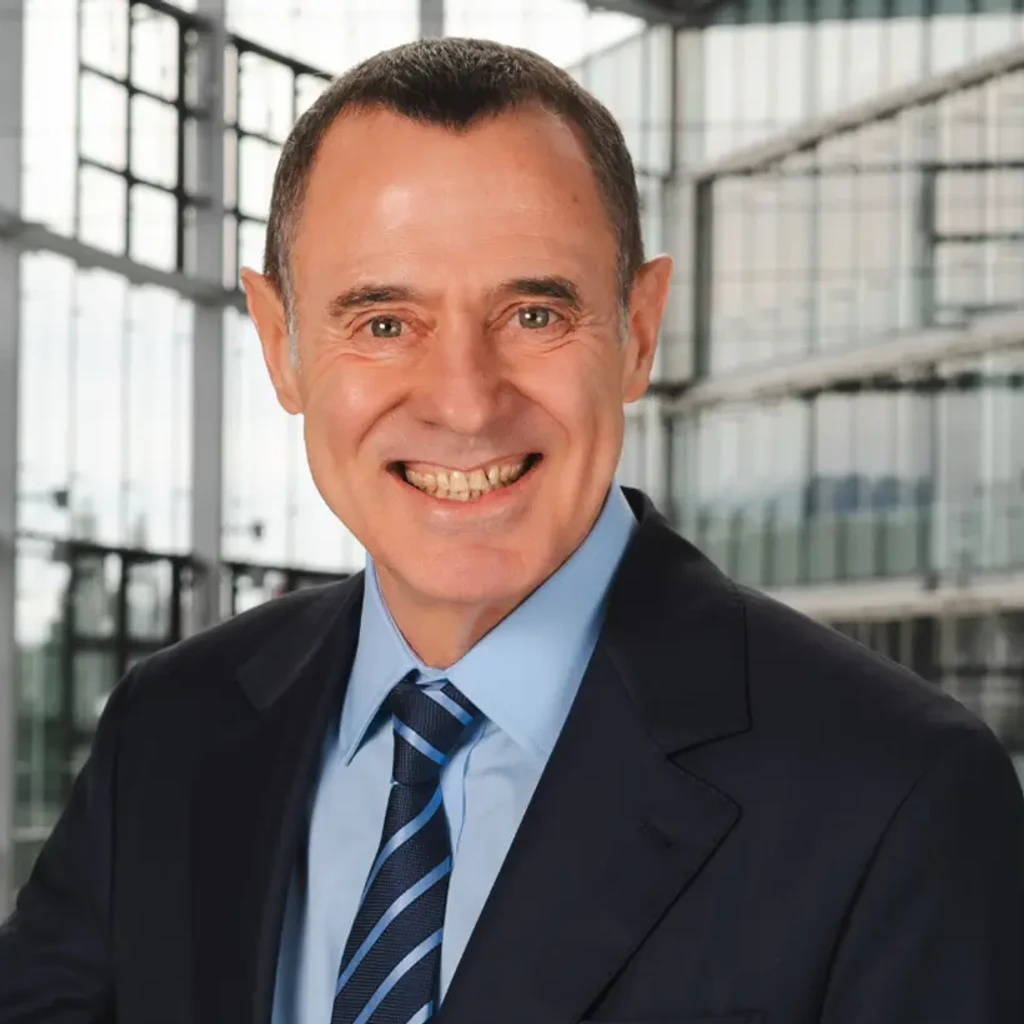
Dr. David Reddy
Director General, IFPMA
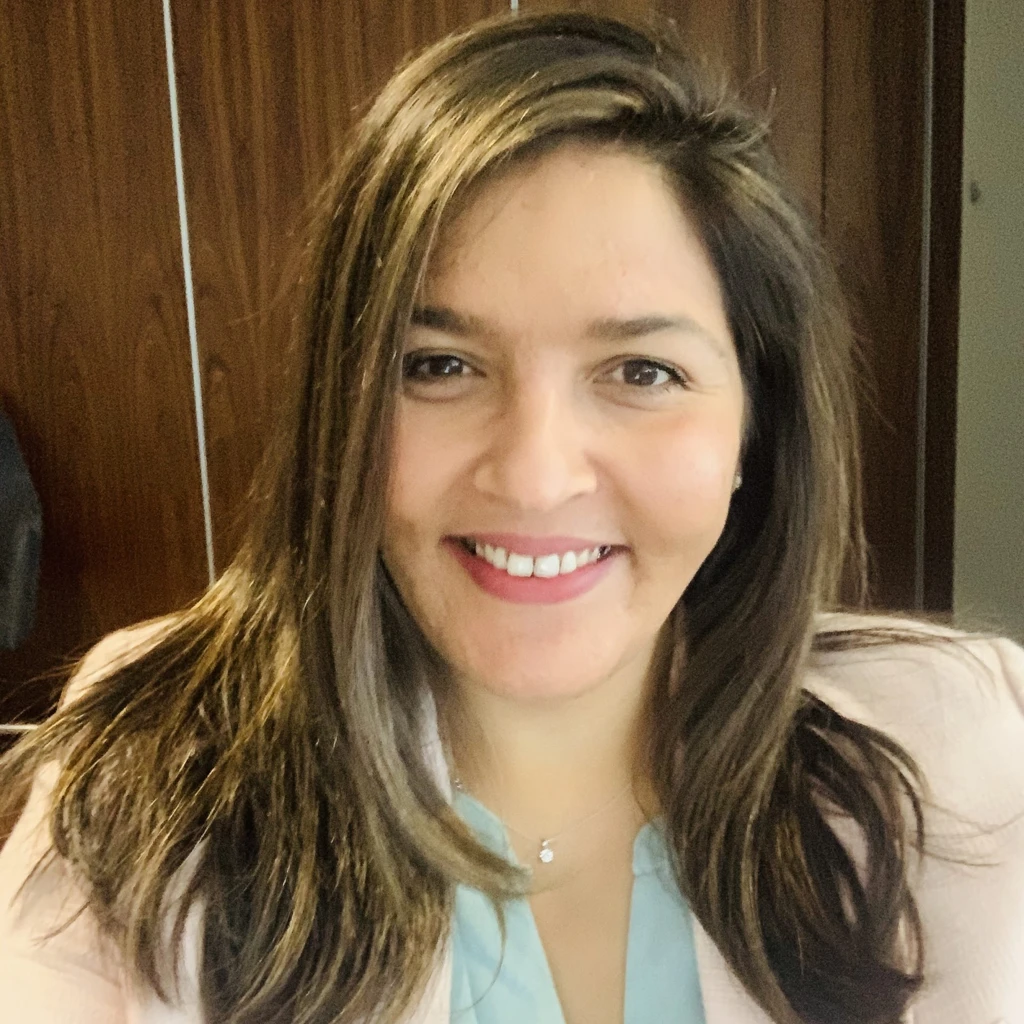
Farrah Losper
Chair, AVMI
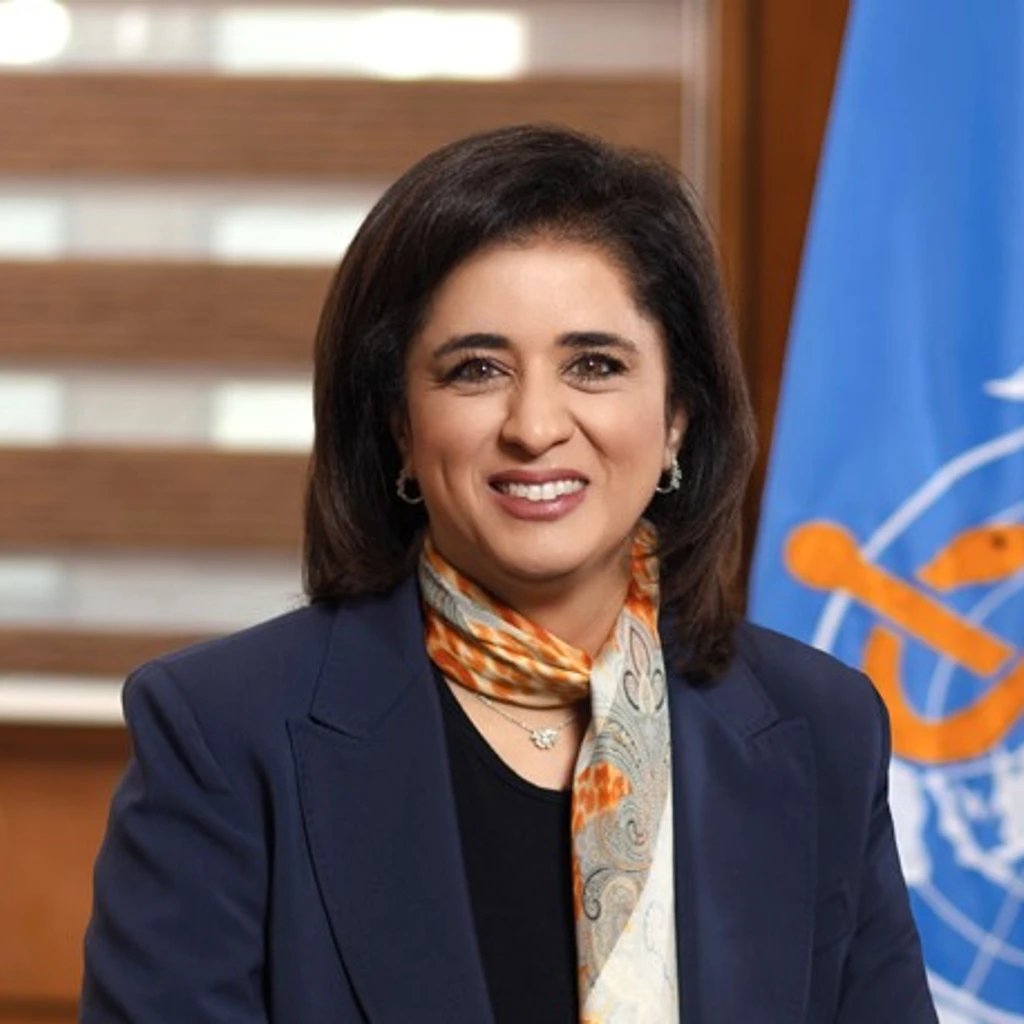
Dr. Hanan Balkhy
Regional Director, WHO-EMRO
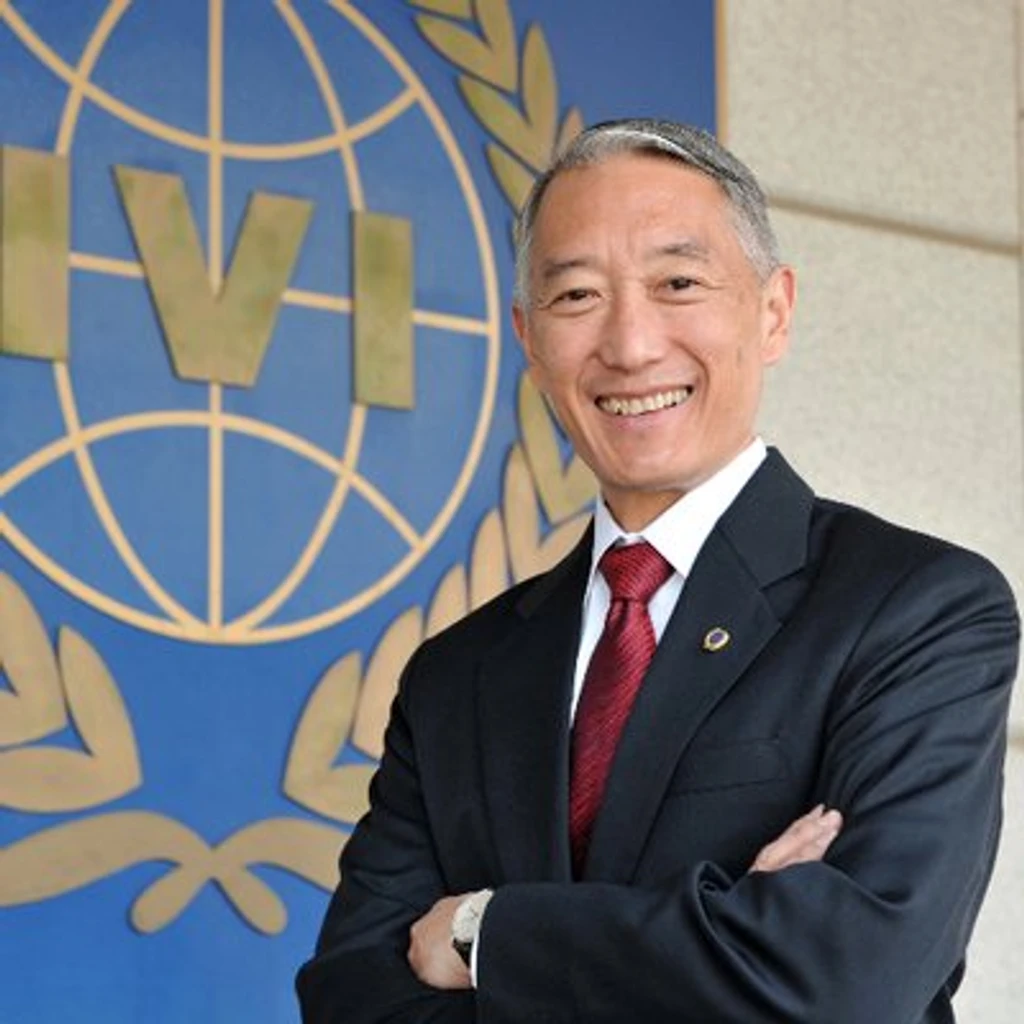
Dr. Jerome Kim
Director General, IVI
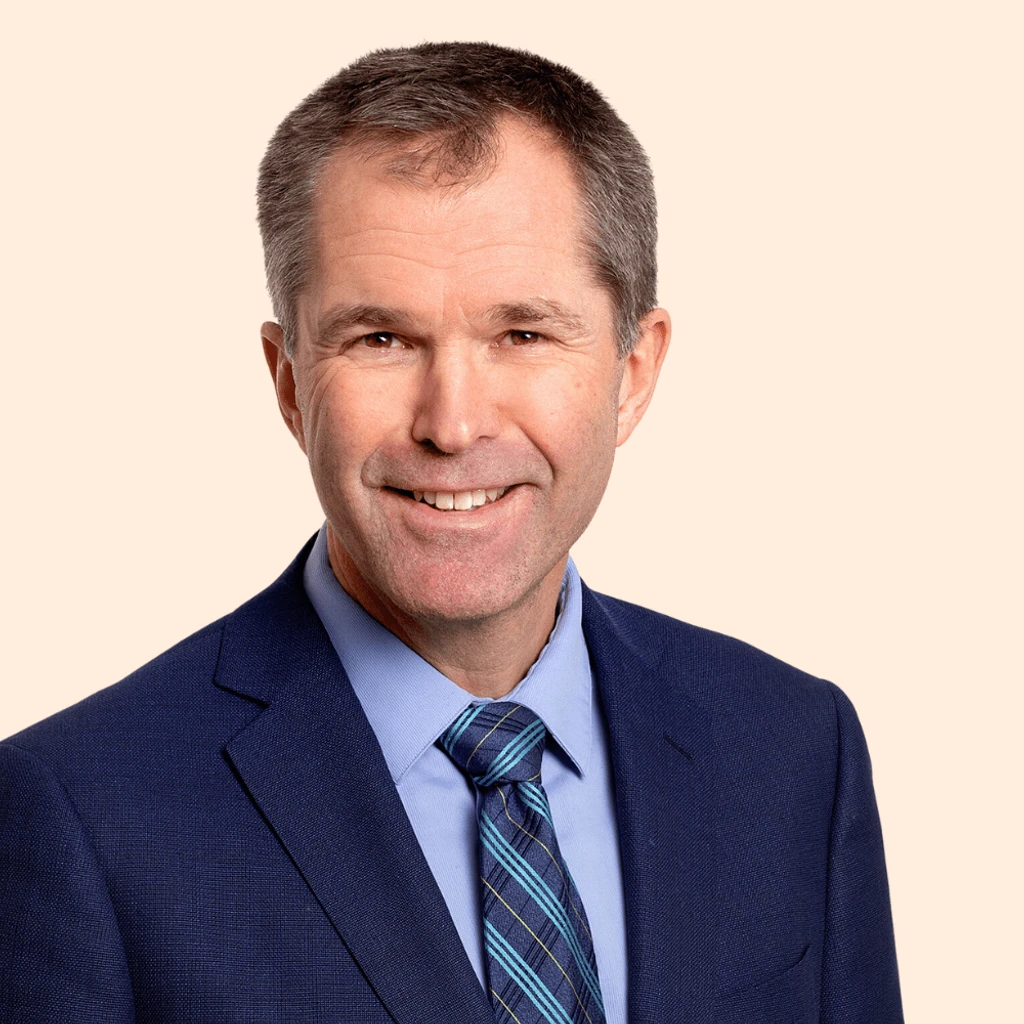
Dr. John-Arne Røttingen
CEO, Wellcome
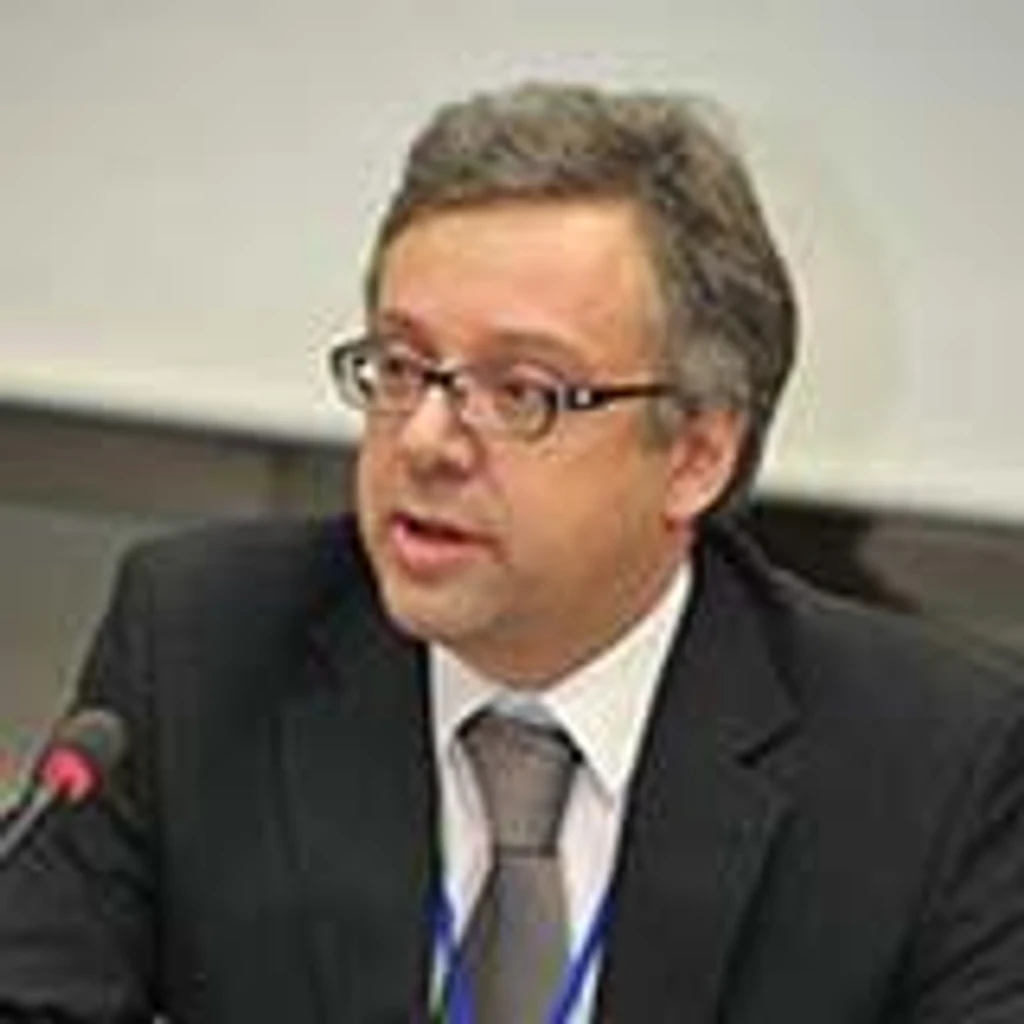
Martin Seychell
Deputy Director General, INTPA, European Commission
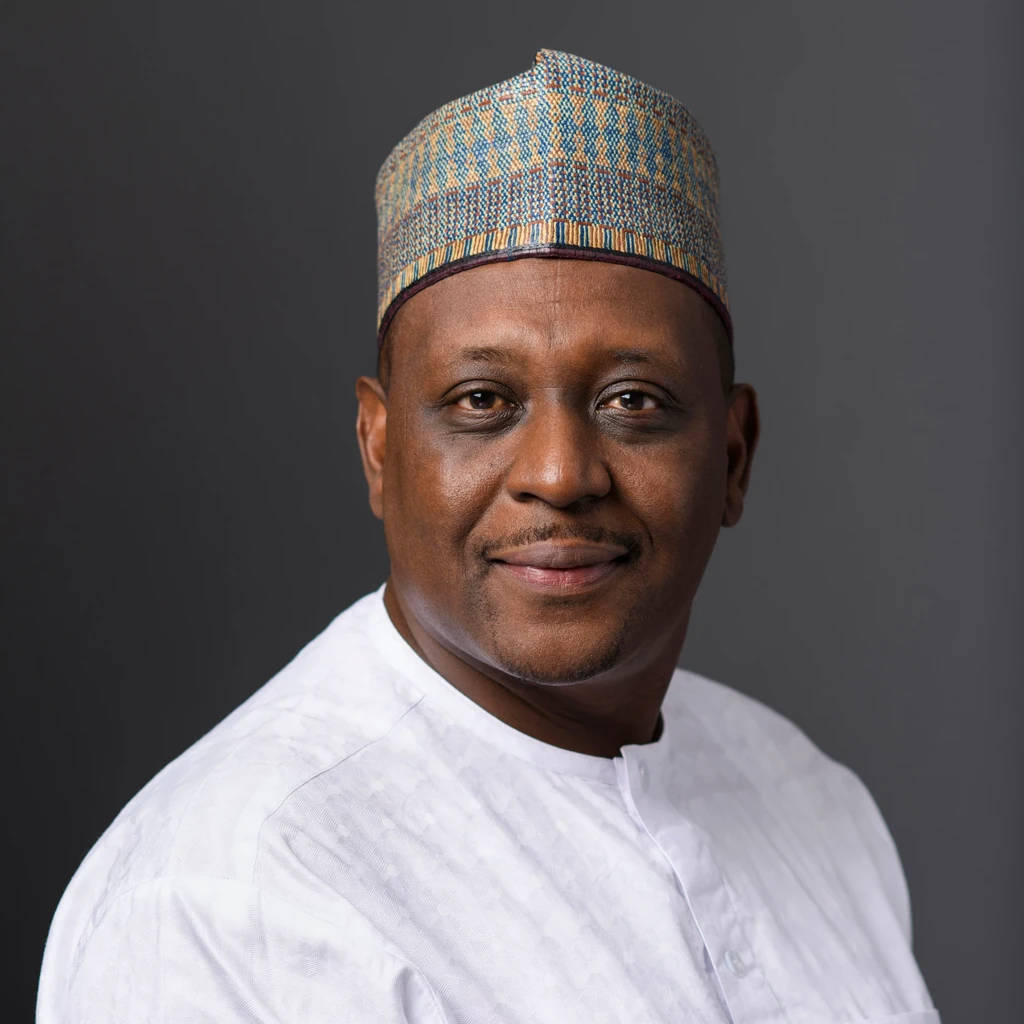
Minister Muhammad Ali Pate
Ministry of Health, Nigeria
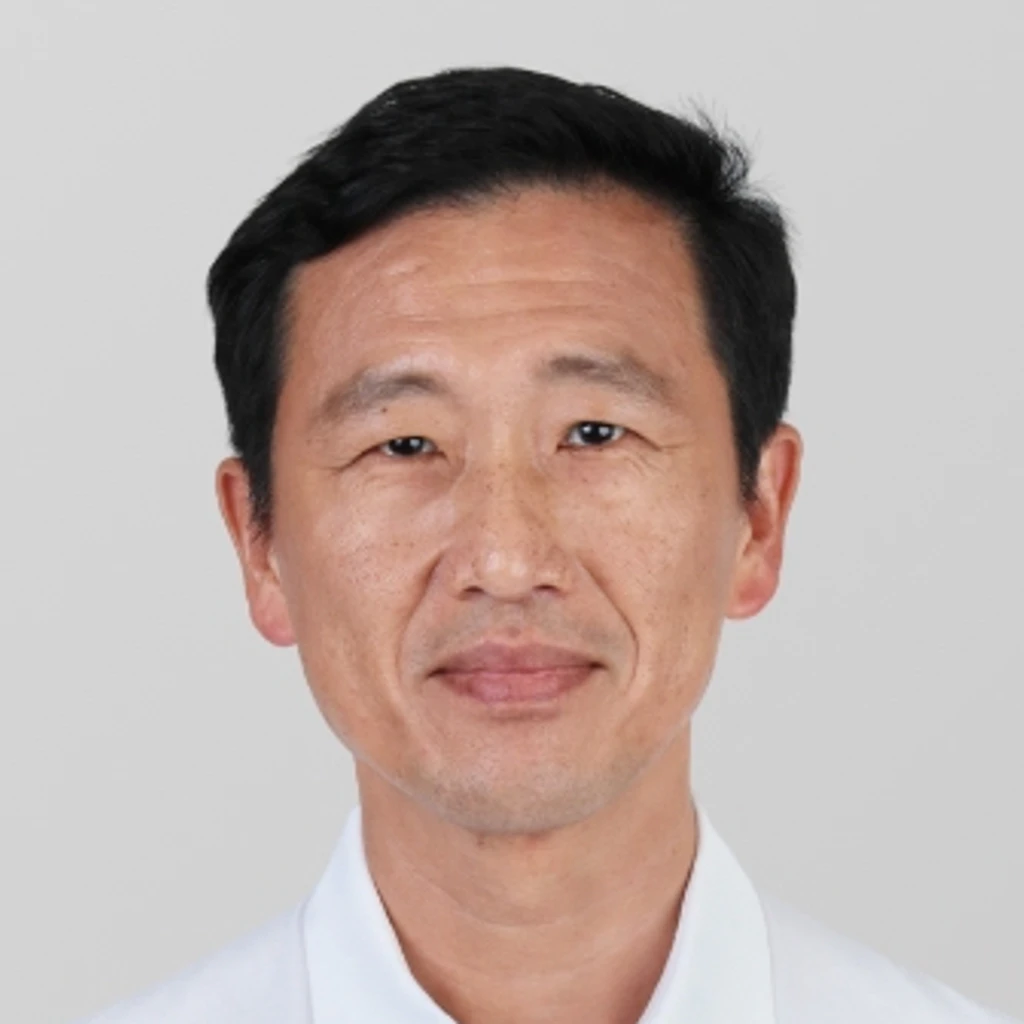
Minister Ong Ye Kung
Ministry of Health, Singapore
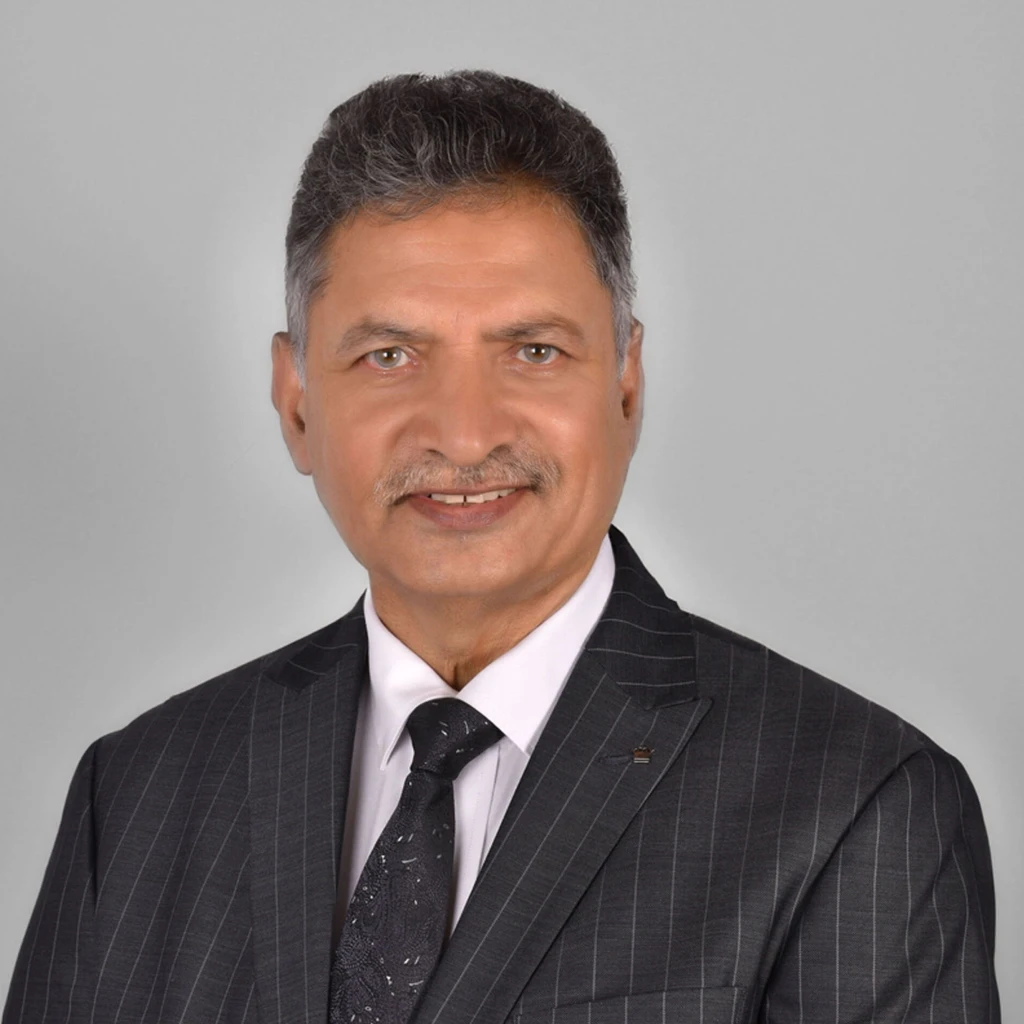
Rajinder Suri
CEO, DCVMN
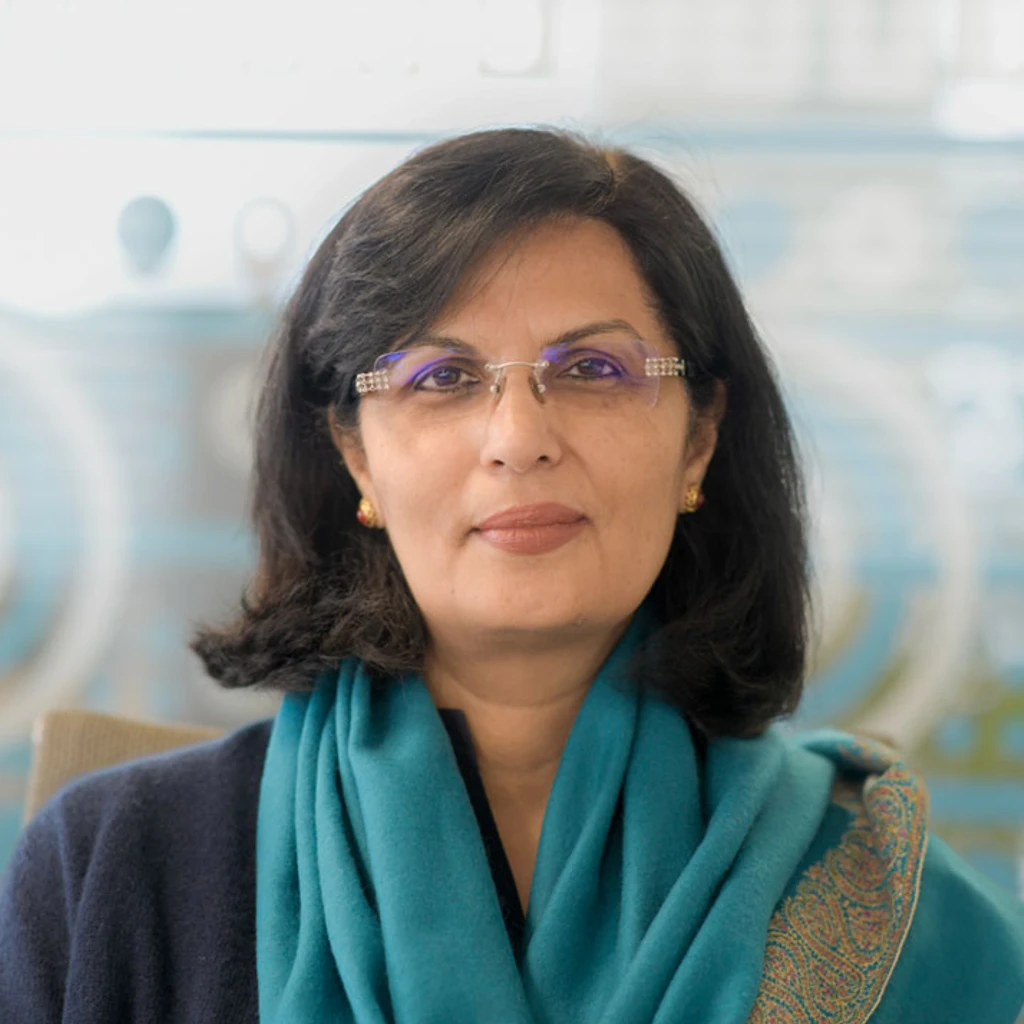
Dr. Sania Nishtar
CEO, Gavi
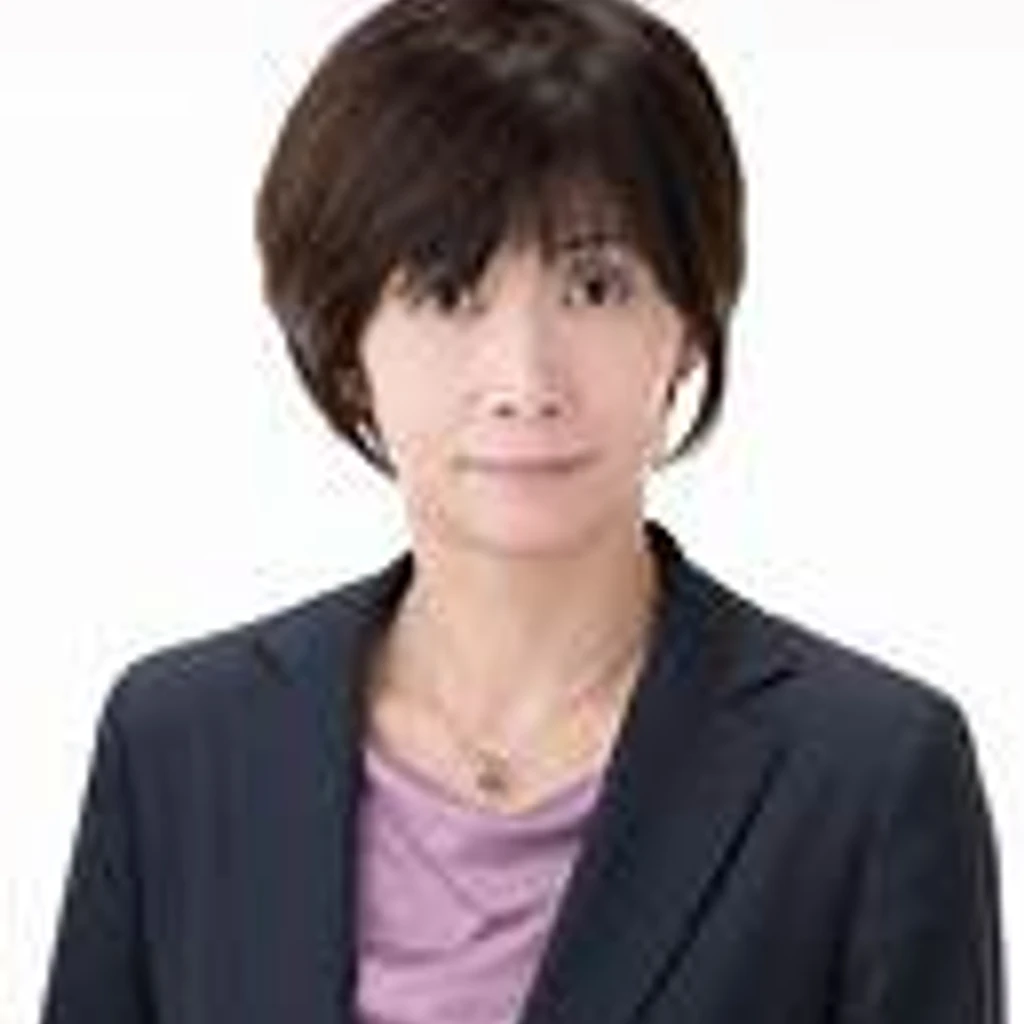
Dr. Yukiko Nakatani
Assistant Director General, WHO
Our regions of focus
Regions are best positioned to achieve the necessary scale of demand, investment, and capability for sustainable vaccine production. With equity and health security at the core of their thinking, regions have decided that they want to take greater control over the production and supply of vaccines to meet their needs.
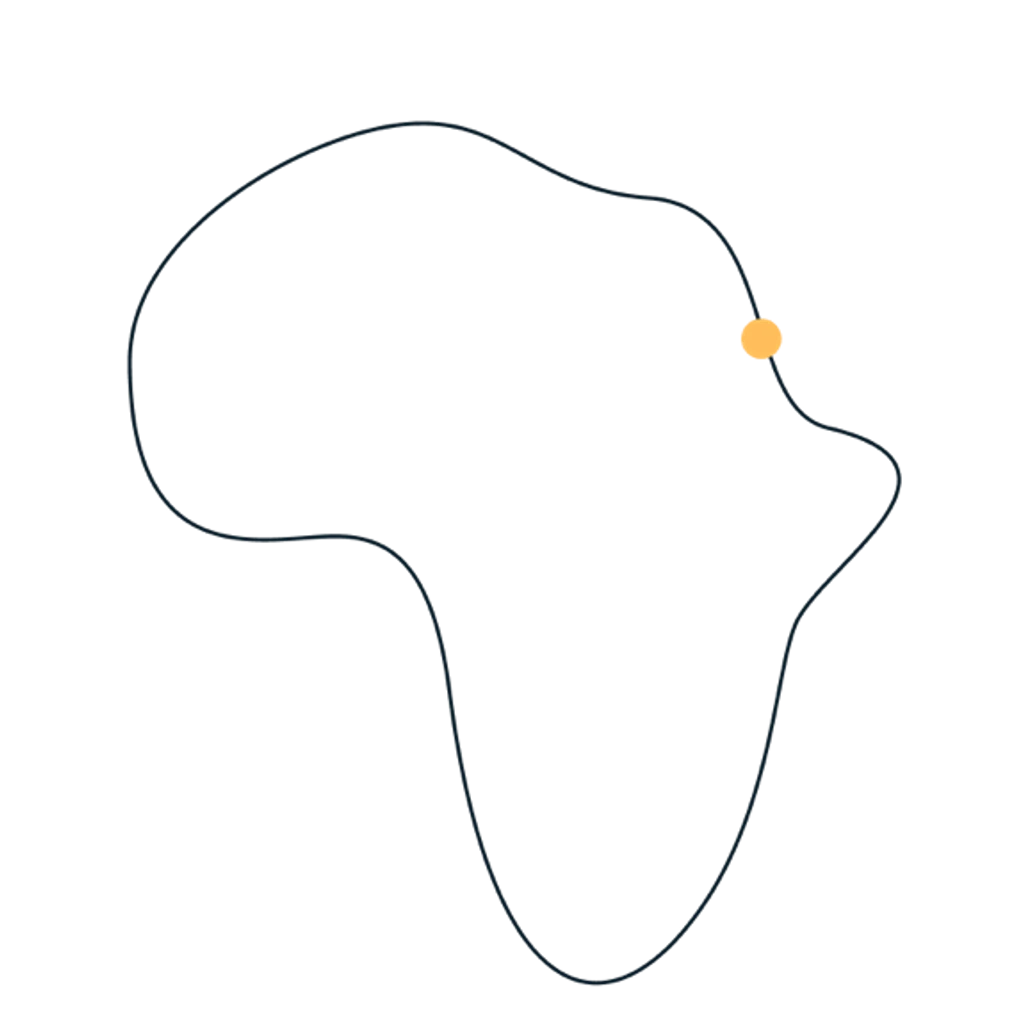
Africa:
The political leaders of all 55 African countries have endorsed the Partnership for African Vaccine Manufacturing's goal of locally producing 60% of the vaccines needed in the region by 2040.
Latin America and the Caribbean:
Latin America the regional Pan-American Health Organization (PAHO) launched the Regional Platform to Advance the Manufacturing of COVID-19 Vaccines and Other Health Technologies in the Americas to increase local vaccine production.
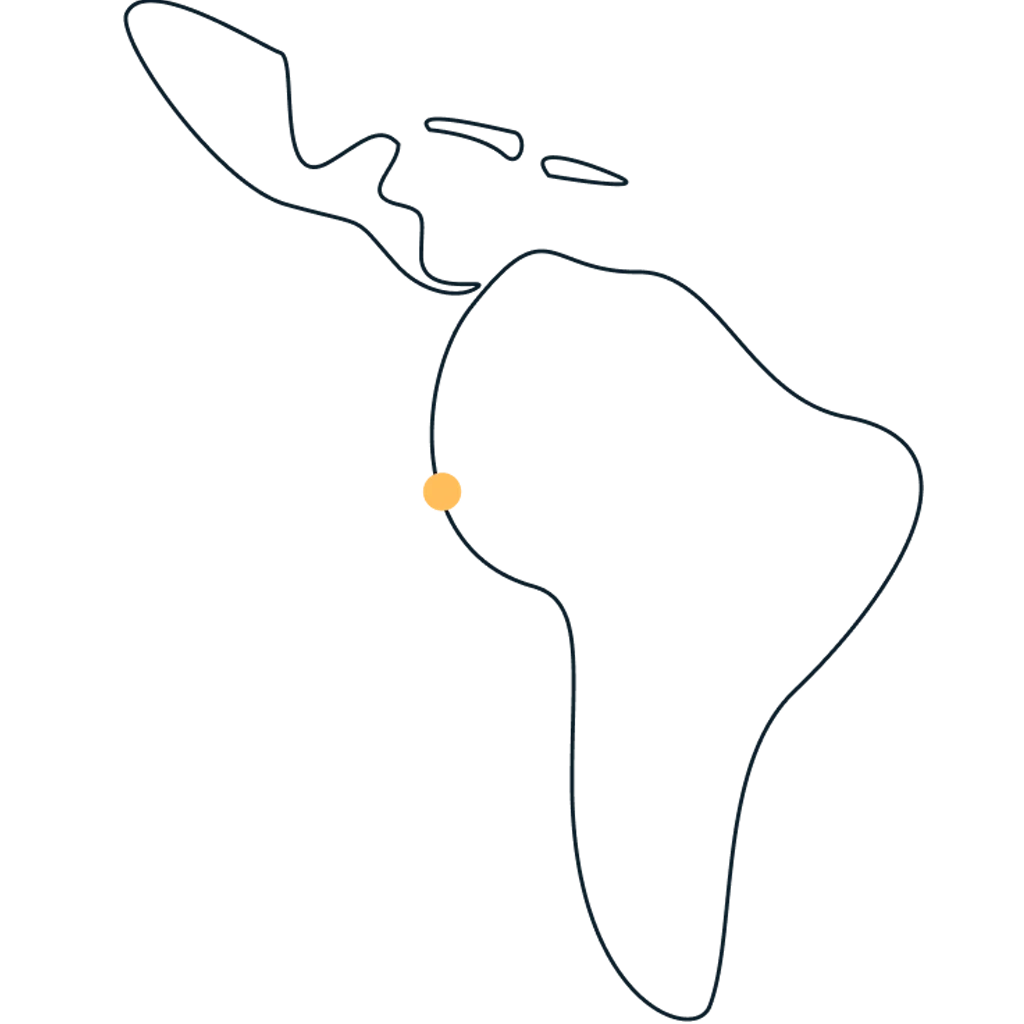
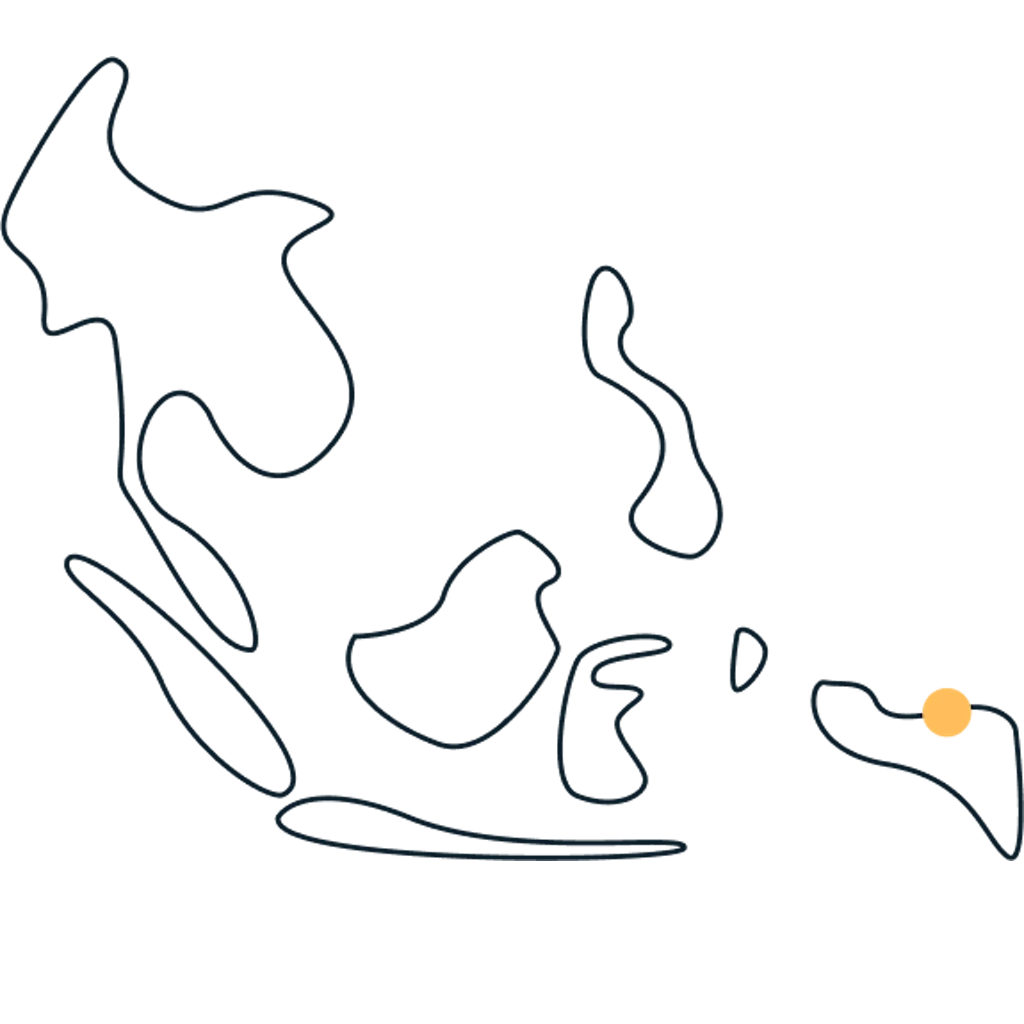
Southeast Asia:
Political leaders of the ASEAN region developed the Vaccine Security & Self-Reliance Strategic Action Plan to develop and produce local vaccines that address public health needs of the region.
